Po Nagar Cham Temple Ruins, Nha Trang, Vietnam
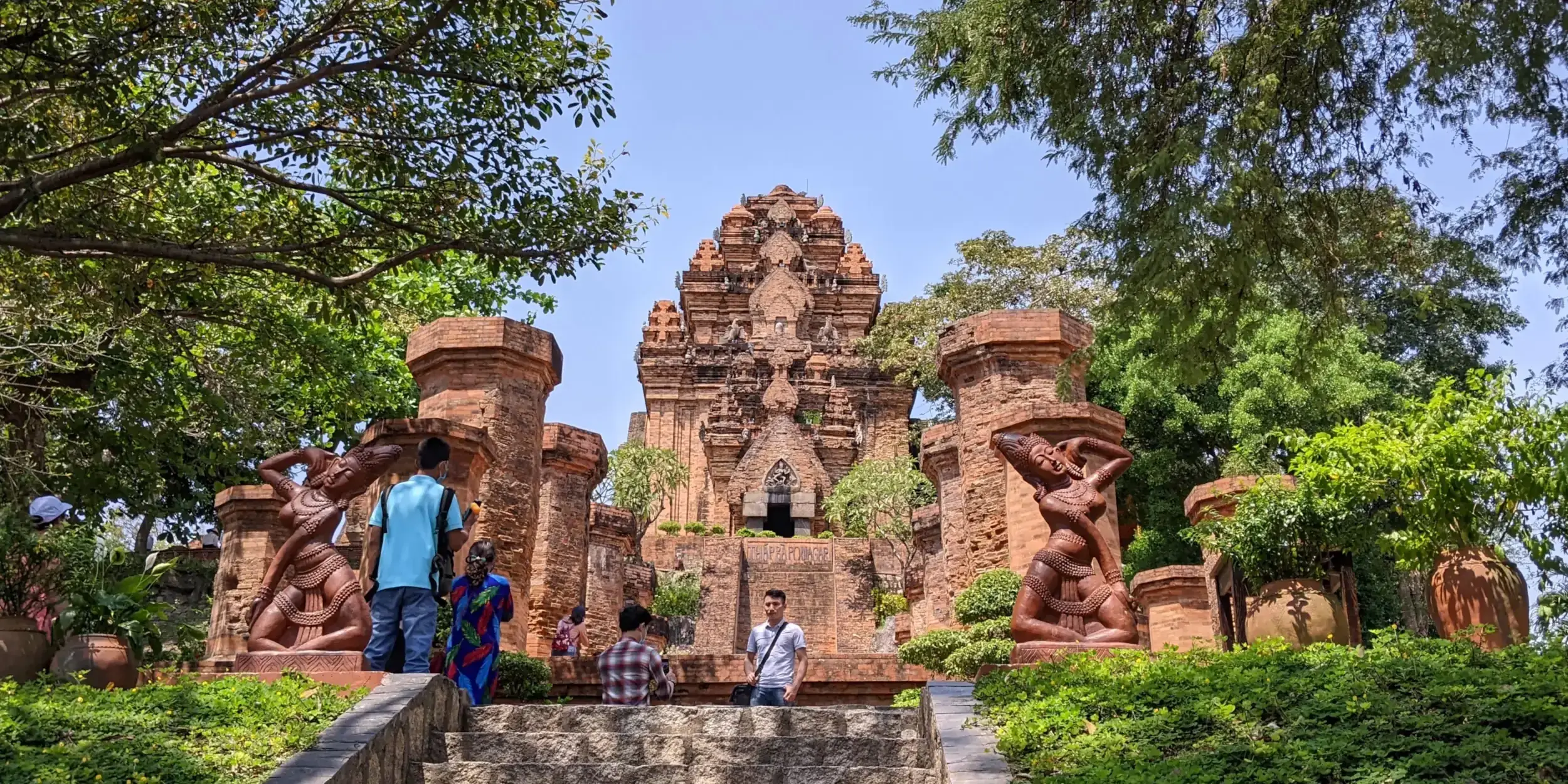
This post contains affiliate links. This means at no extra cost to you, I may earn a commission if you purchase through my links. Please see my website disclaimer for more info.
I’m a big lover of Asian temples, and a sucker for ruins. So when I found out about the Po Nagar Cham Temple Ruins in Nha Trang, I knew I wanted to have a look.
The Po Nagar Cham Temple Ruins are located on Cù Lao mountain overlooking the Cai River, and are a short 10 minute drive from the center of Nha Trang. We were staying in an apartment in the city, so I figured we could make a walk of it, since it was only about 30 minutes by foot from our apartment.
Po Nagar Temple Info
- Address: 61 Hai Tháng Tư, Vĩnh Phước, Nha Trang, Khánh Hòa
- Hours: Daily 08:00 - 18:00
- Entrance fee: 20,000 VND per person (payable at the entrance)
Things to Note
- While the pagodas aren’t super high up, you do have several flights of steps to climb. So keep that in mind if you have mobility issues and are planning to visit.
- There are people onsite to ensure the site rules are followed:
- No pics are allowed inside the temples, but you can take pics of the outsides
- You need to remove your shoes if you want to enter the actual temples
- Proper temple attire is required (no short-shorts or skirts, no tank tops, nothing overly revealing, etc)
Po Nagar Temple History
Po Nagar is a Cham temple site that was built sometime between the 7th and 12th centuries by the Cham people, who were the original inhabitants of the area.
The Cham people were Hindus, and the temple was built to honour the goddess Yan Po Nagar, who was the goddess of the country, the sea, and fertility. The word “Po Nagar” means “Mother of the Country”.
In 1979, the Po Nagar Cham Temple Ruins were recognized as a national historical and cultural site by the Vietnamese Ministry of Culture.
The Ruins
The Po Nagar temple is a small site with only a few structures (originally there were between 7 & 10 structures, but now only 4 remain). While the site is now ruins, it is still used by Buddhists to perform ceremonies during festivals, like the Thap Ba (Ponagar) Festival which takes place from the 21st to the 23rd day of the third lunar month every year, and also on other special occasions.
The site has been restored over the years, with some newer bricks in place on some of the towers. You can actually see some before and after photos of the restoration in the exhibition room towards the rear of the site, which is quite neat.
When you first get to the ruins and get past the ticket booth, you’ll come to some steps leading up towards the temples.

The Main Gate
At the top of the first set of steps, there was, but no longer stands, a monumental gate tower. It was built as the entrance to the site, but through natural wear and tear has unfortunately worn away over the years. I tried to locate some old pics of the gate online, but couldn’t find any. If you are aware of any, please let me know!
As I noted above, there were some pics from when the site was first discovered, but I can’t recall if the gate was still around in any of those pics or not.
The Mandapa
After passing through the main gate, you reach the mandapa (vestibule), which is where the Cham people are believed to have prepared offerings before ascending to the temples for their rituals.
The area consists of 4 rows of beautiful octagonal brick columns (2 rows on either side), of 10 large, and 12 small columns. Some of the bricks in the columns have been replaced over the years due to erosion. Based on the layout of the columns, it is believed it was once a large structure with a tiled roof.



The Temples
While during the time of the Champa’s you would have continued up more steps from the mandapa, as tourists, probably to protect the integrity of the site, you have to head left towards a different set of steps.

From there, you reach the 3rd and final level, which is where the actual temples are.
The Main Tower
The main temple, which is the actual “Po Nagar” tower, is quite high. I’ve seen different heights listed on different sites, varying from 23 to 28 meters. Basically, it’s frikin tall! This tower, aptly named, was used to worship the goddess Po Nagar.
You can get a bit of an idea of the scale of it from the people standing next to it in the pics below.




Below is a close-up of the pediment over the entrance to the main tower, which portrays Durga, the slayer of the buffalo-demon.

The South Tower
The South tower, with it’s cone-shaped dome, is the 2nd largest of the remaining towers, and was possibly built to honour the god Shiva.




The South-East Tower
The South-East tower is the smallest of the remaining towers, and is believed to have been built to honour Ganesh, the elephant-headed god.

The North-West Tower
And finally, behind the main Po Nagar tower, is the North-West tower. I couldn’t really find much info on this tower, so I’m not actually sure who it was built to honour!


The Showroom
At the rear of the site, there is a small showroom with some artifacts and photos from the site. It’s a nice little addition to the site, and worth a quick look.
In the following pic, there are a bunch of sculptures, which were just items for sale. But to the left of it you can somewhat see the entrance to the showroom … I guess I wasn’t all that interested in the entrance. 🤪

Inside were various sculptures, none of which I believe are original to the site. There were also some photos of the site from when it was first discovered, and some photos of the restoration process.


Conclusion
The architecture of the ruins is really quite stunning, and reminded me a bit of the Ayutthaya ruins outside of Bangkok. The architectural styles were quite different, but they’re both really beautiful and incredible pieces of history.
If you’re in Nha Trang, I absolutely recommend checking out the Po Nagar Cham Temple Ruins. It’s a nice little site, and doesn’t take long to visit … Just remember to bring some sunscreen and water, as there’s not much shade!
Until next time,
michael 😀
Share this post:

One Month at the Ramada by Wyndham, Ha Long, Vietnam

An Afternoon in Ocean Park 2 and 3, Hung Yen, Vietnam

One Month in Vinhomes Smart City, Hanoi, Vietnam

Sapa Itinerary: 3 Days Exploring Sapa, Vietnam

Hotel Scams in Vietnam - Traveller Beware

Climbing Ham Rong (Dragon) Mountain, in Sapa, Vietnam

Hiking Muong Hoa Valley, Sapa, Vietnam

Sapa Night Market, Sapa, Vietnam

Experiencing Cat Cat Village, in Sapa, Vietnam
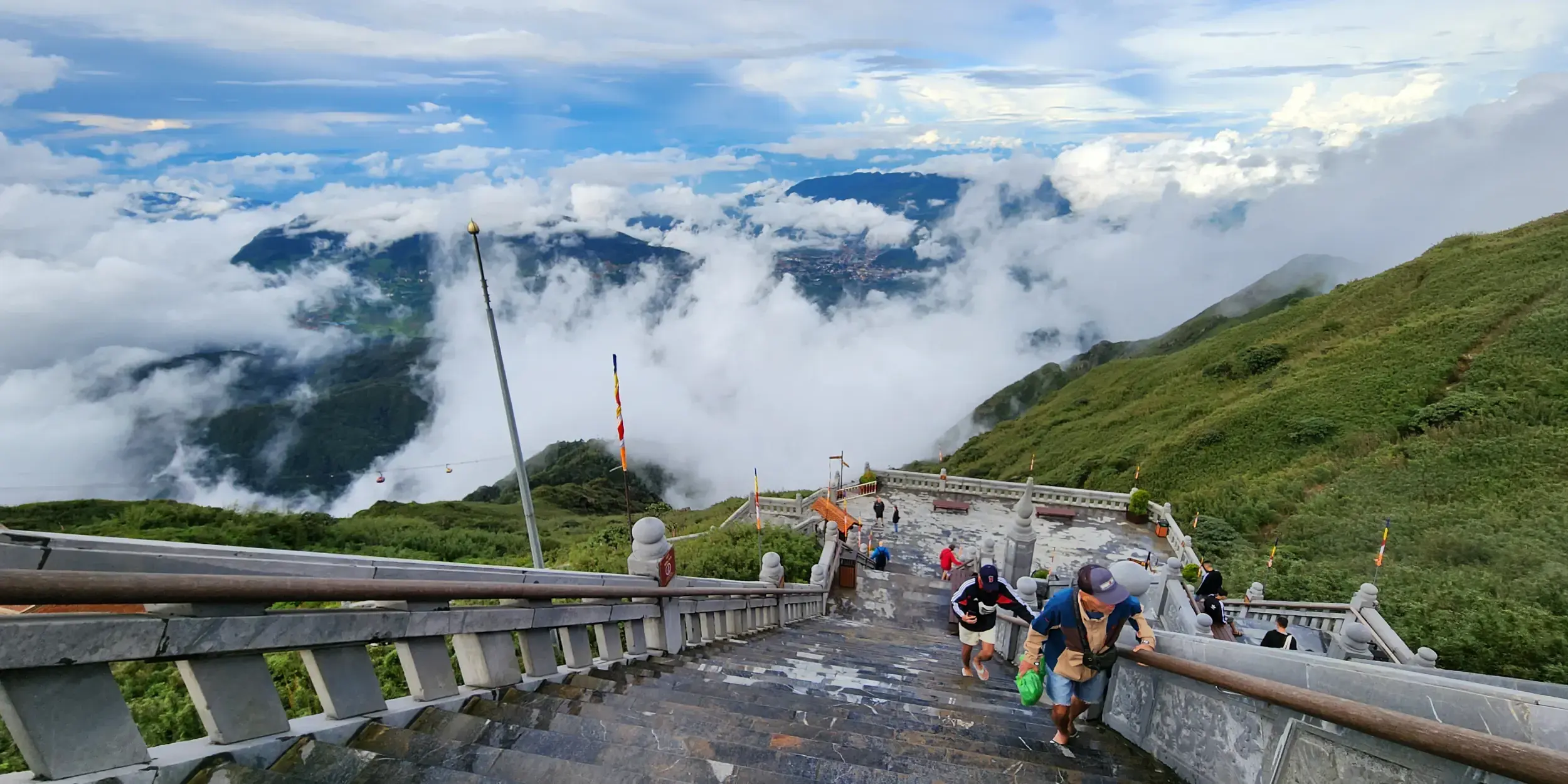
Climbing Fansipan Mountain, in Sapa, Vietnam
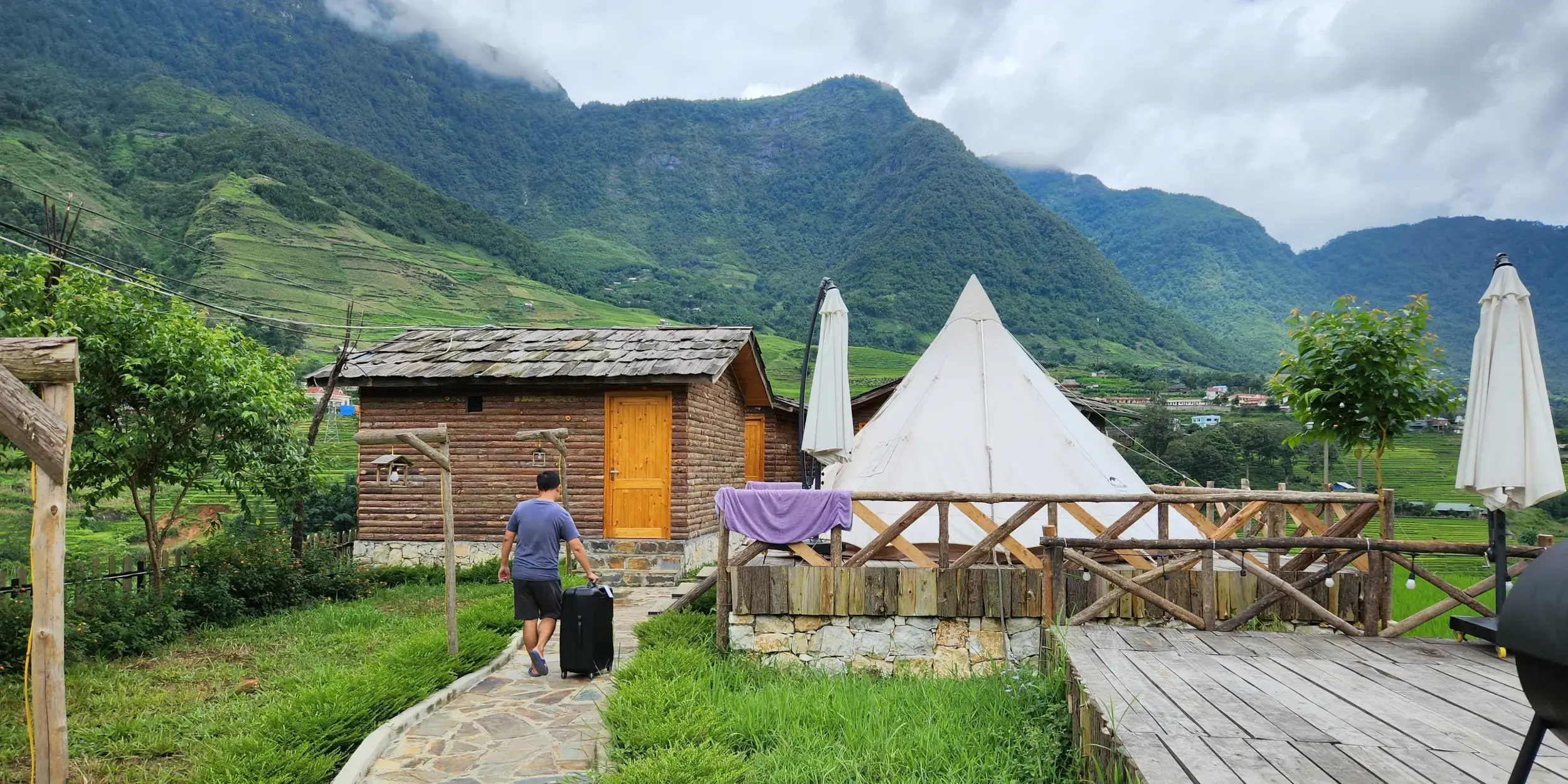
S Plus Bungalow in Sapa, Vietnam

Sapa CatCat Hills Resort & Spa in Sapa, Vietnam
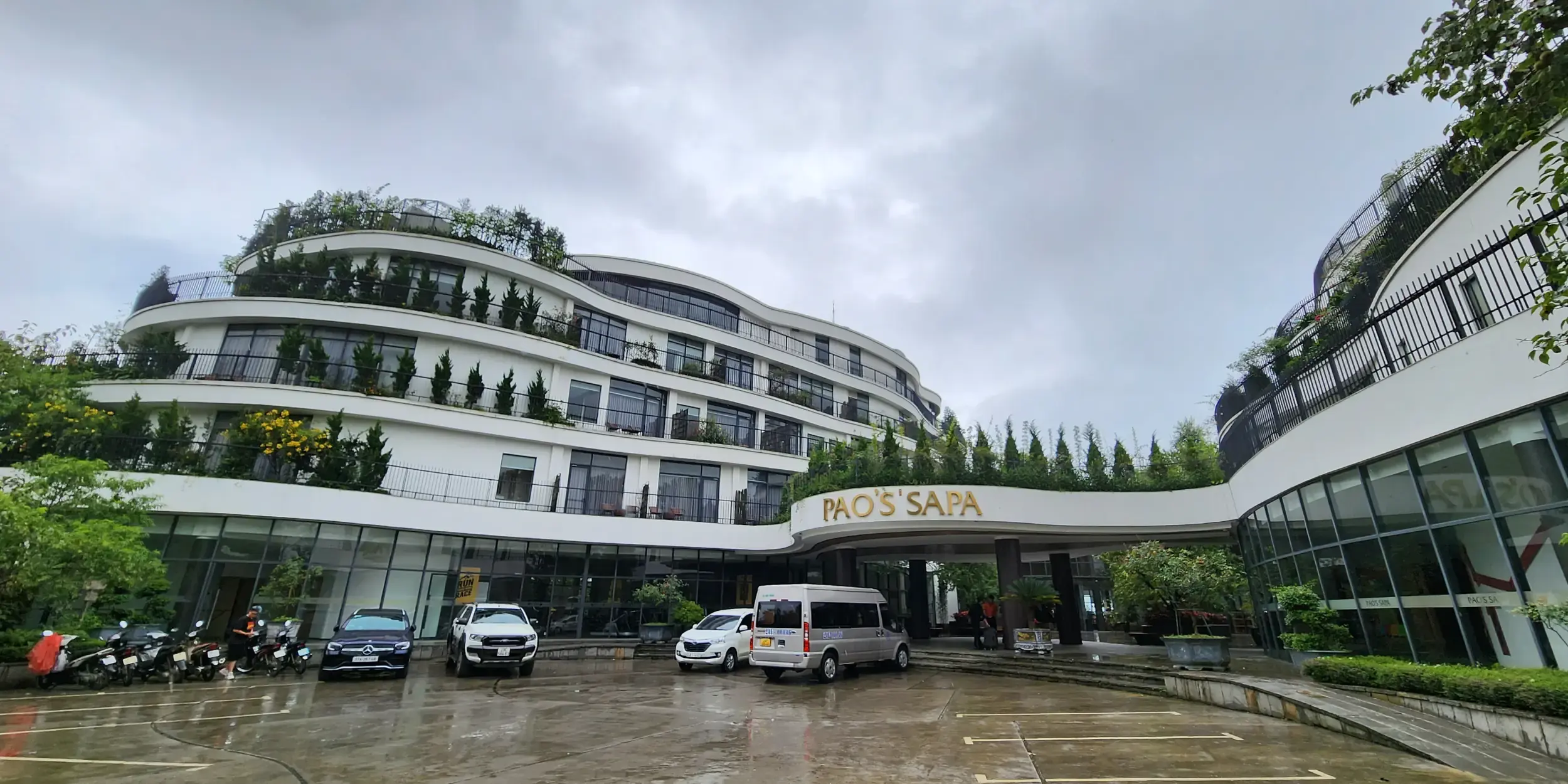
Pao's Sapa Leisure Hotel in Sapa, Vietnam

Thinking about Taking a Sleeper Bus in Vietnam?

Sapa - Trekker's Paradise, or Tourist Trap?
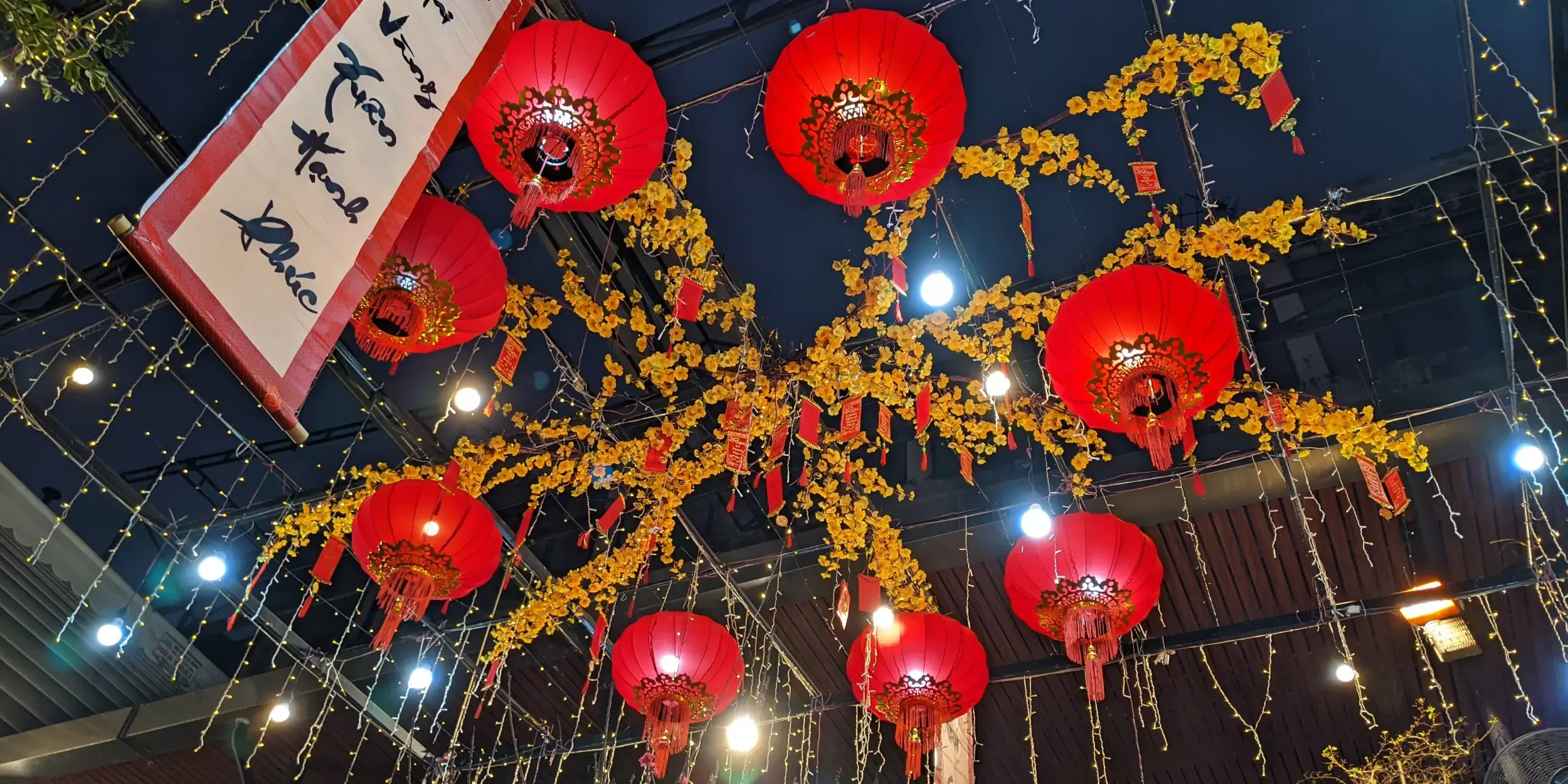
Planning to Visit Vietnam During Tet?
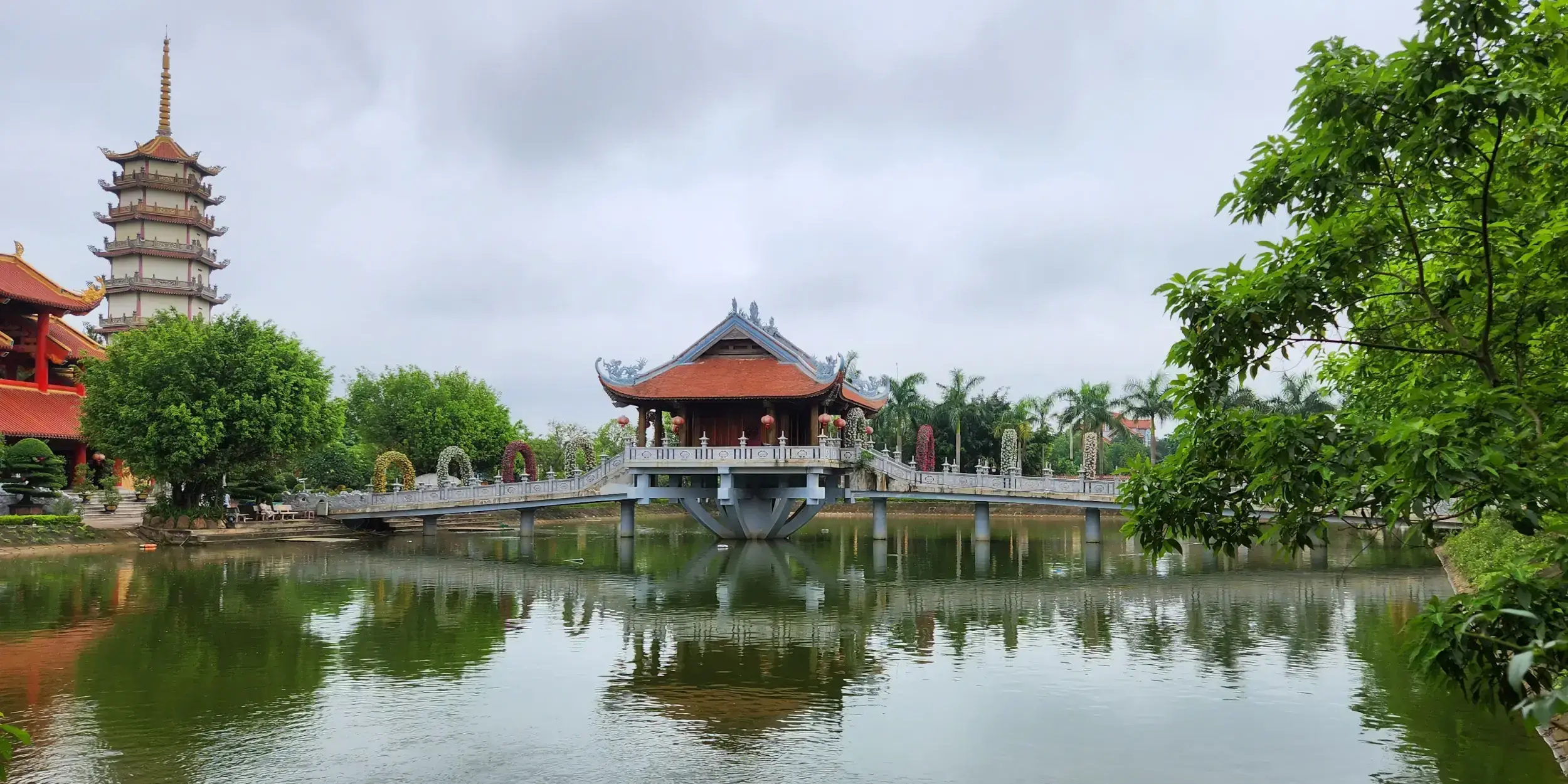
2 Tranquil Temples on the Outskirts of Hanoi

I Had One of the Best Burgers Ever at Haneda Airport
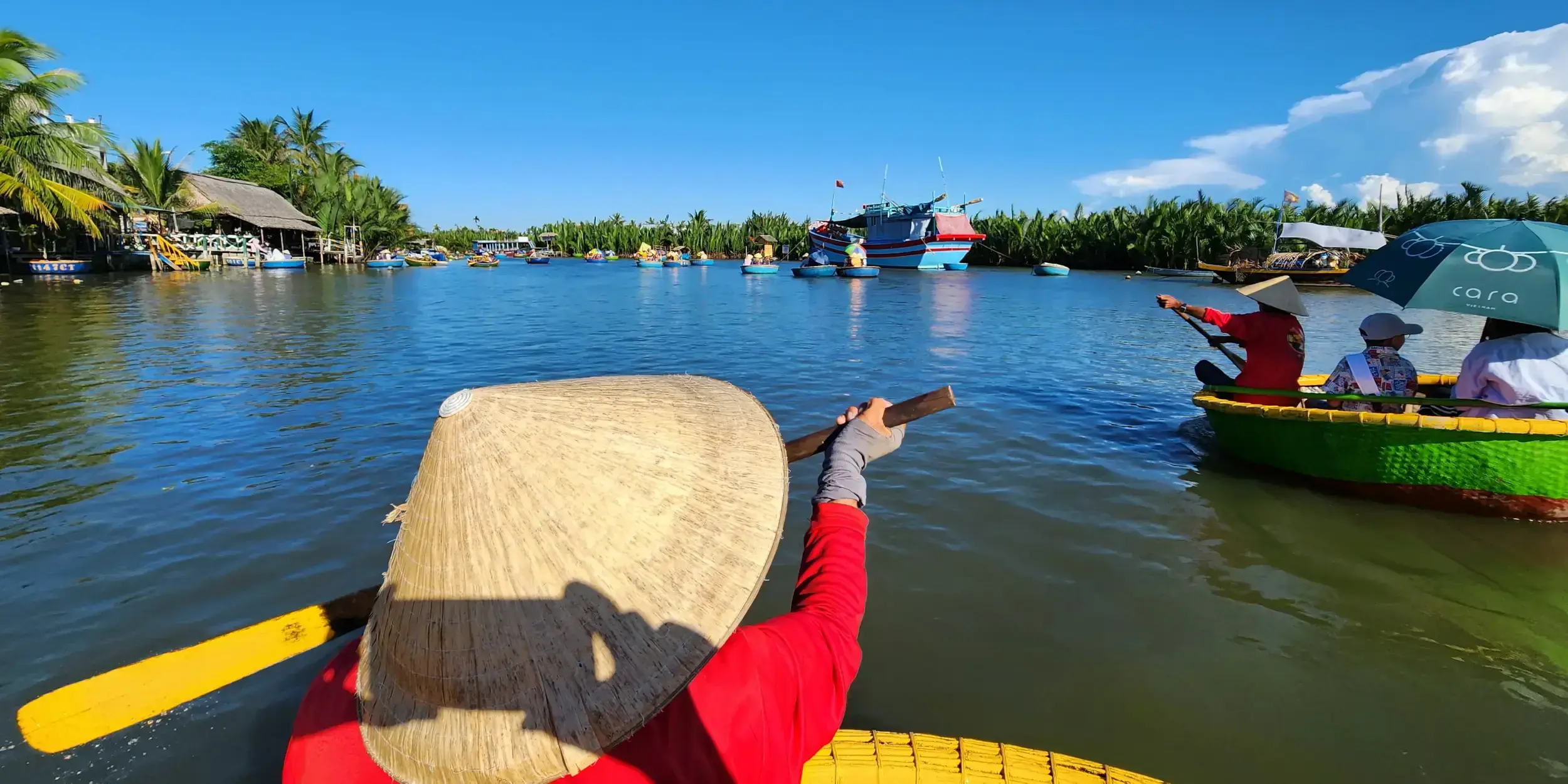
A Beautiful Afternoon in Hội An, Vietnam
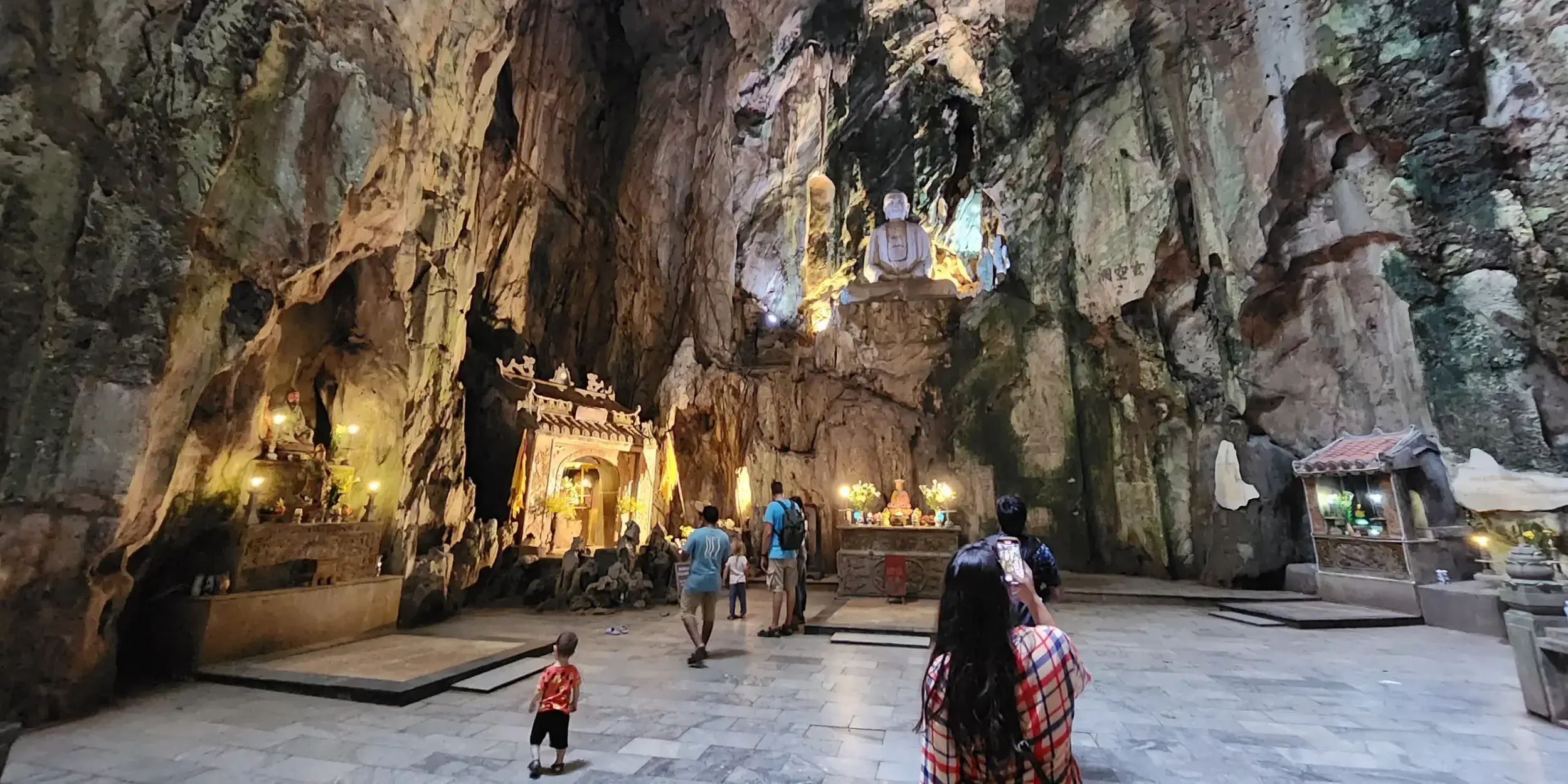
Visiting the Marble Mountains in Da Nang, Vietnam
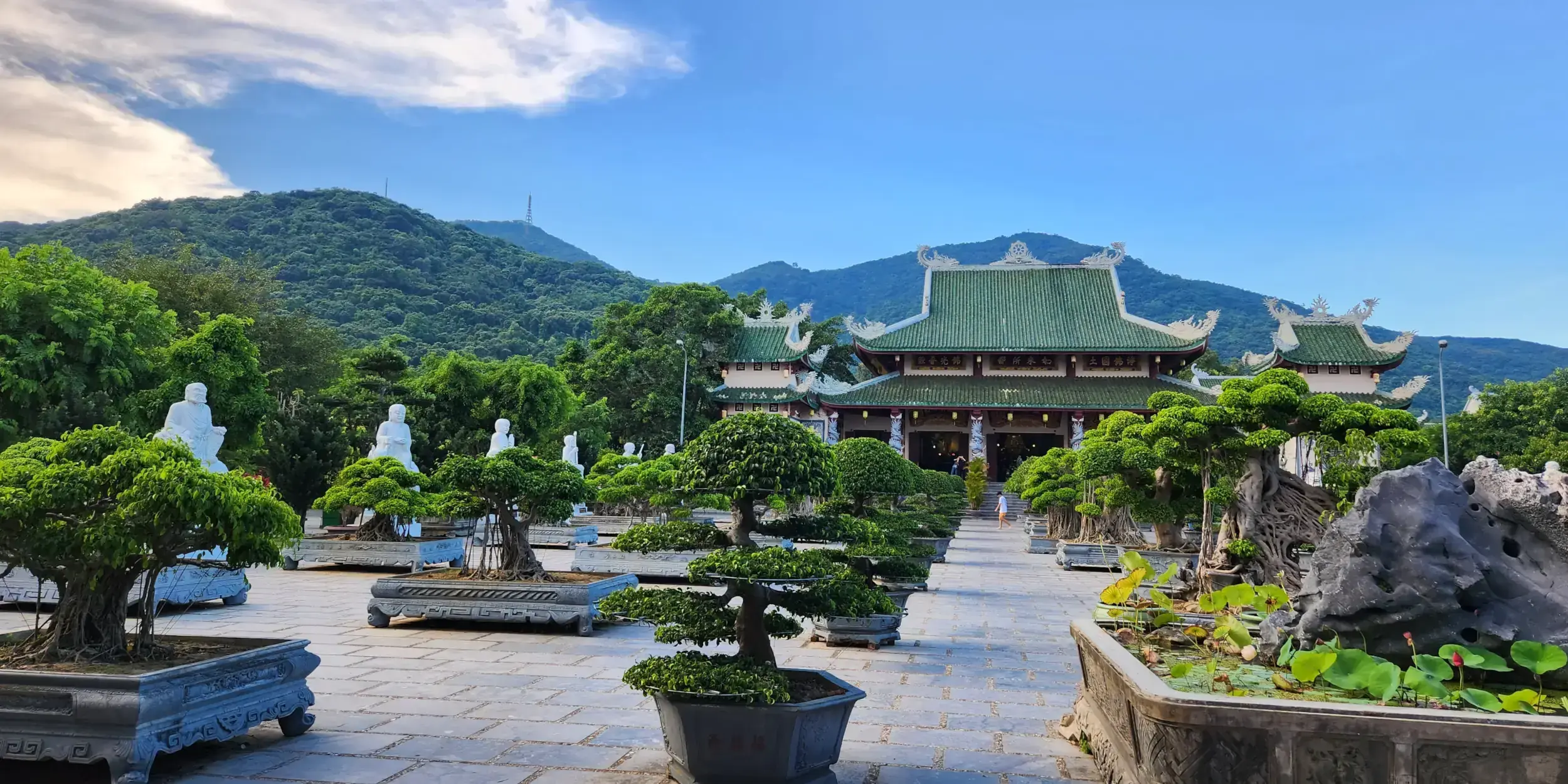
Linh Ứng Pagoda, Da Nang, Vietnam

Unique and Delicious Ice Cream From Around the World
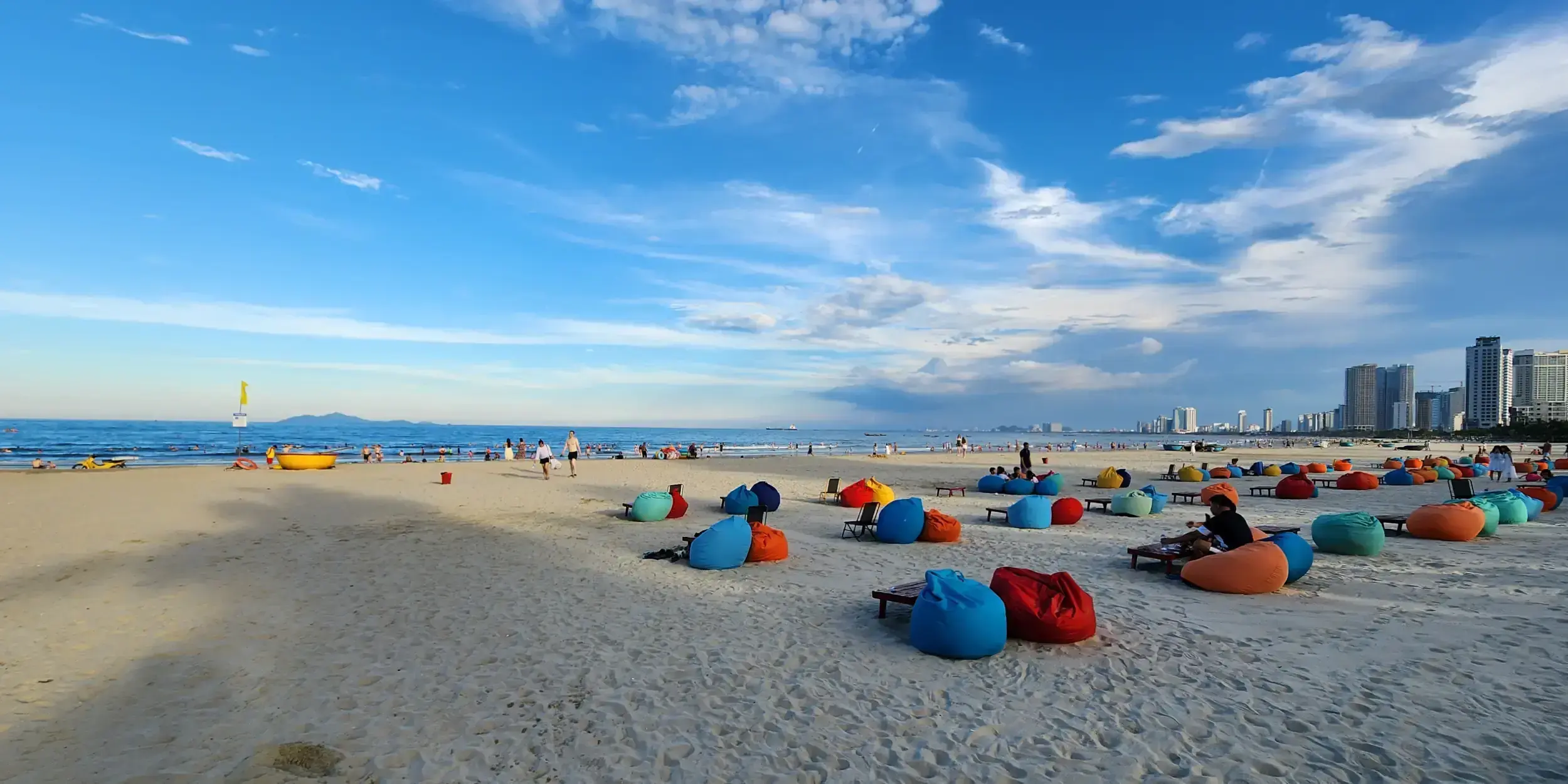
Da Nang Beaches - Pham Van Dong vs. My Khe
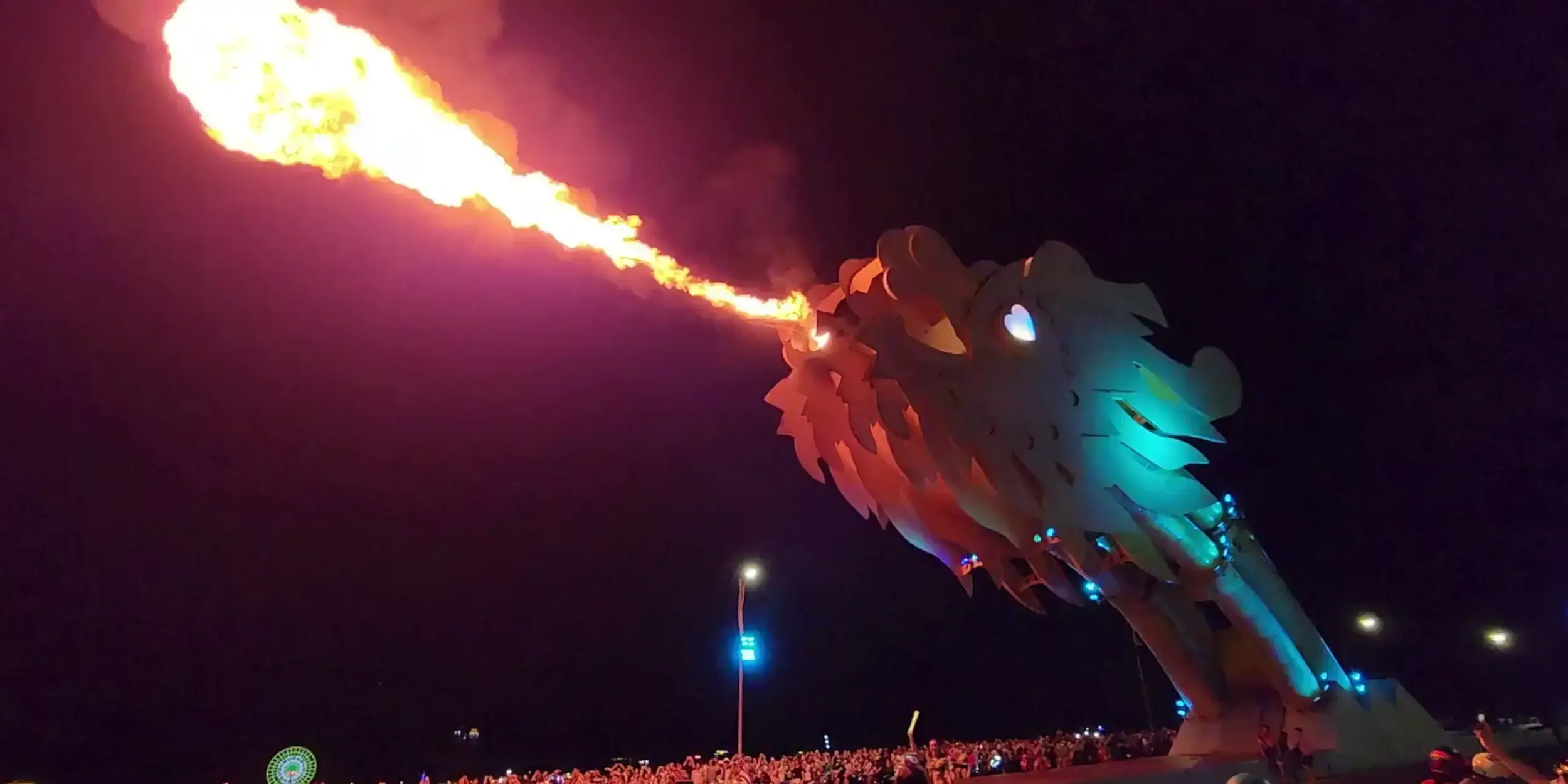
Dragon Bridge Show Da Nang - Bridge vs Cruise
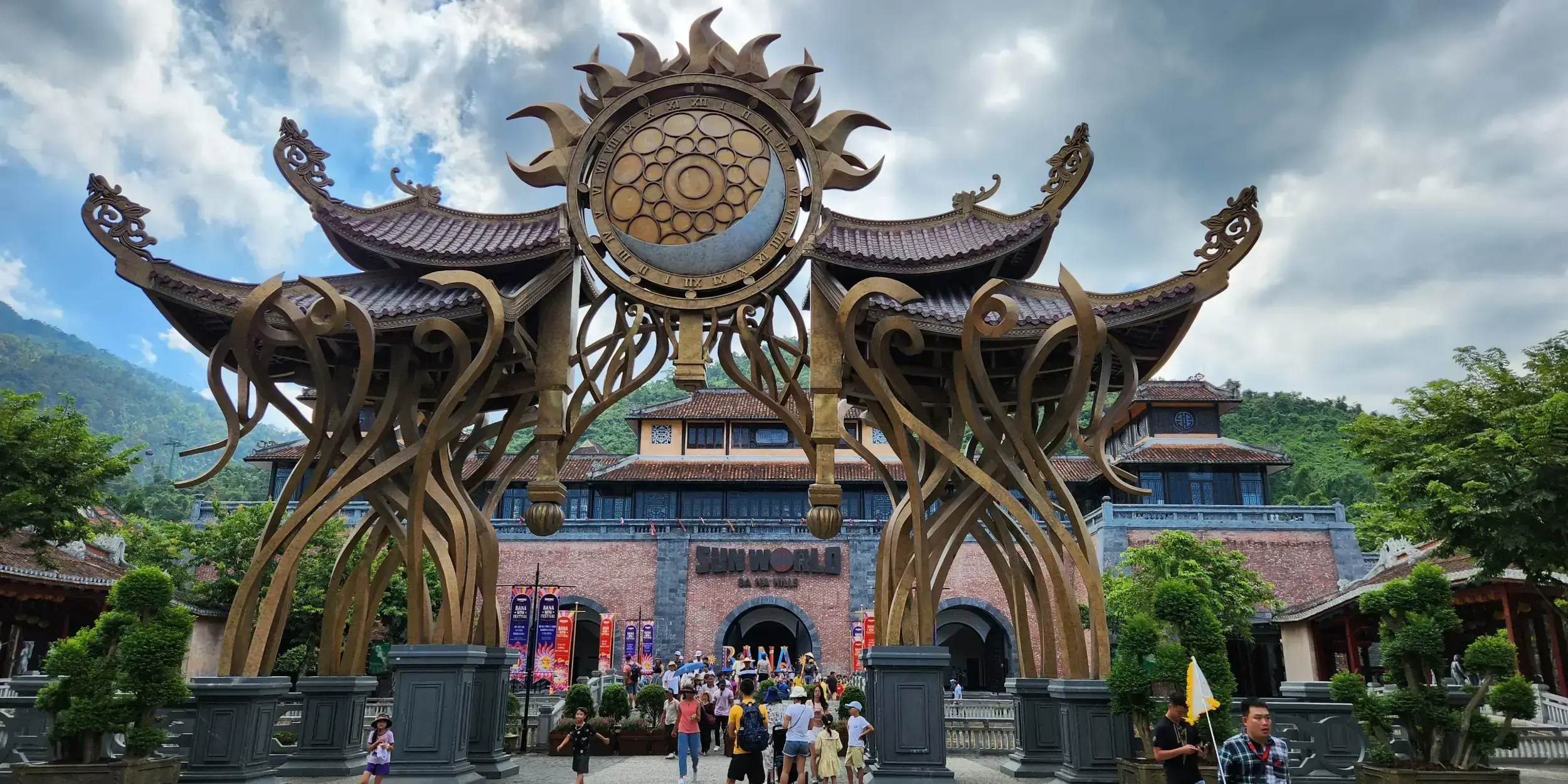
Sun World Bà Nà Hills, Da Nang, Vietnam
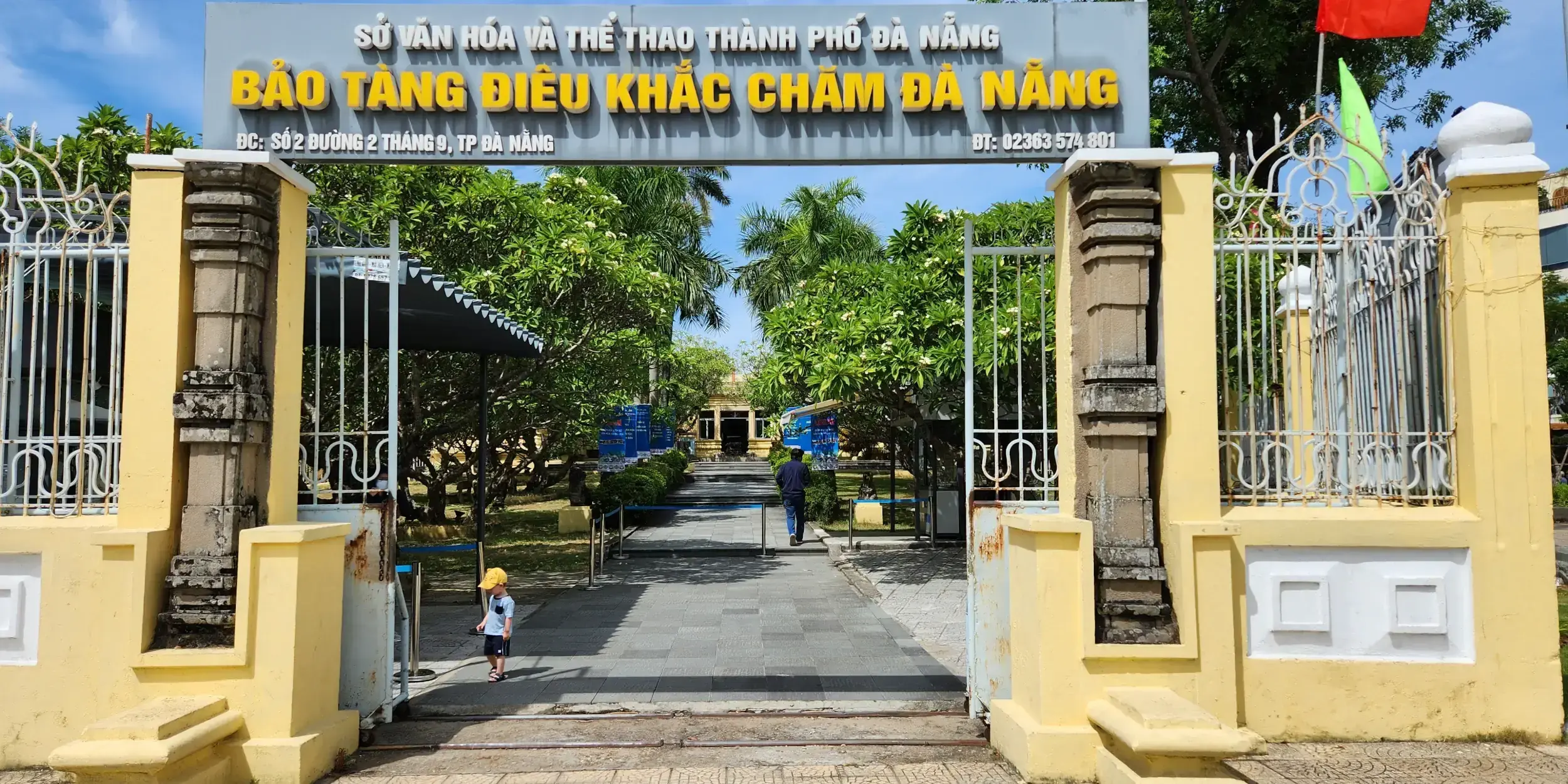
Museum of Cham Sculpture, Da Nang, Vietnam
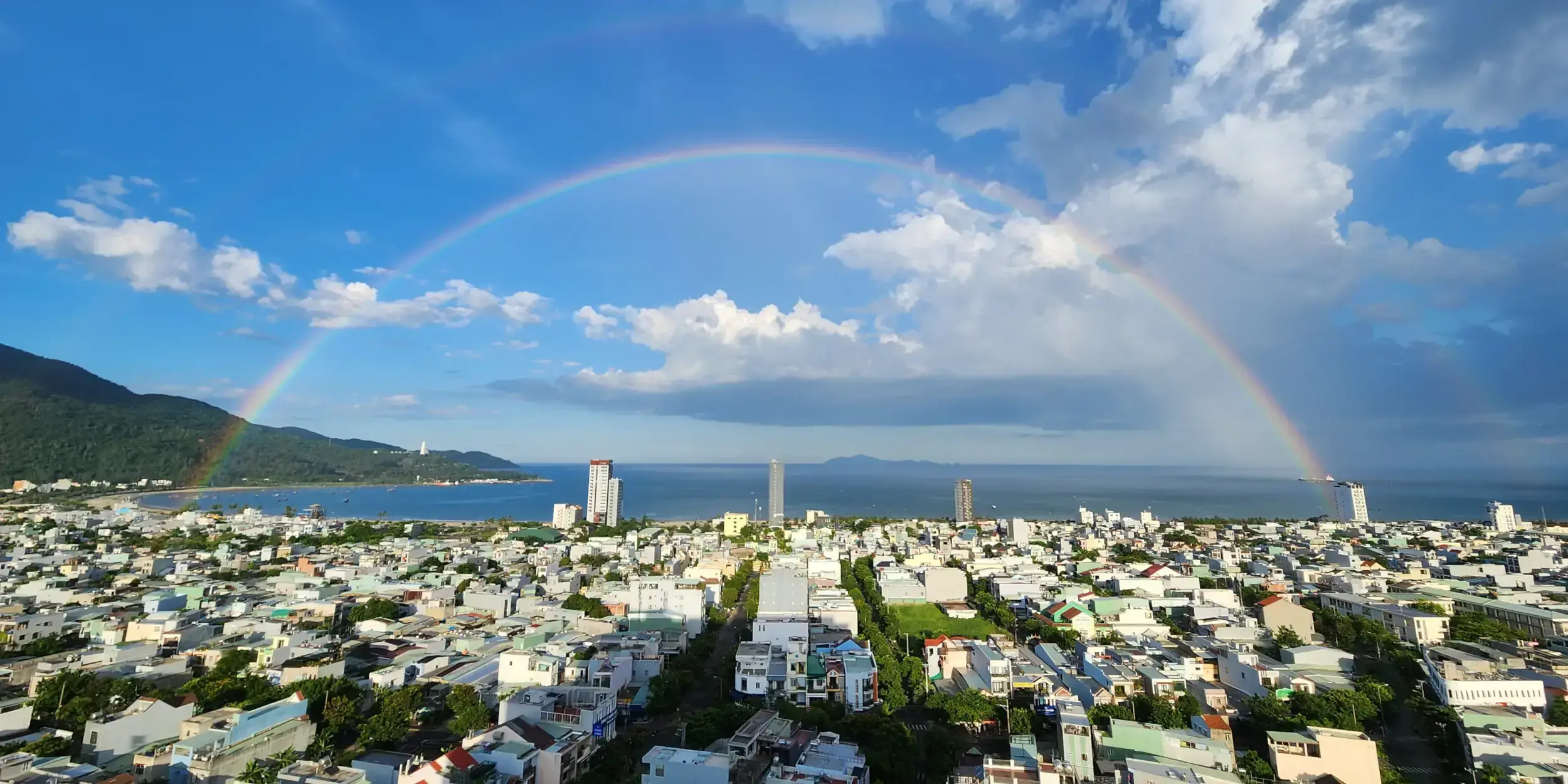
Da Nang, Vietnam
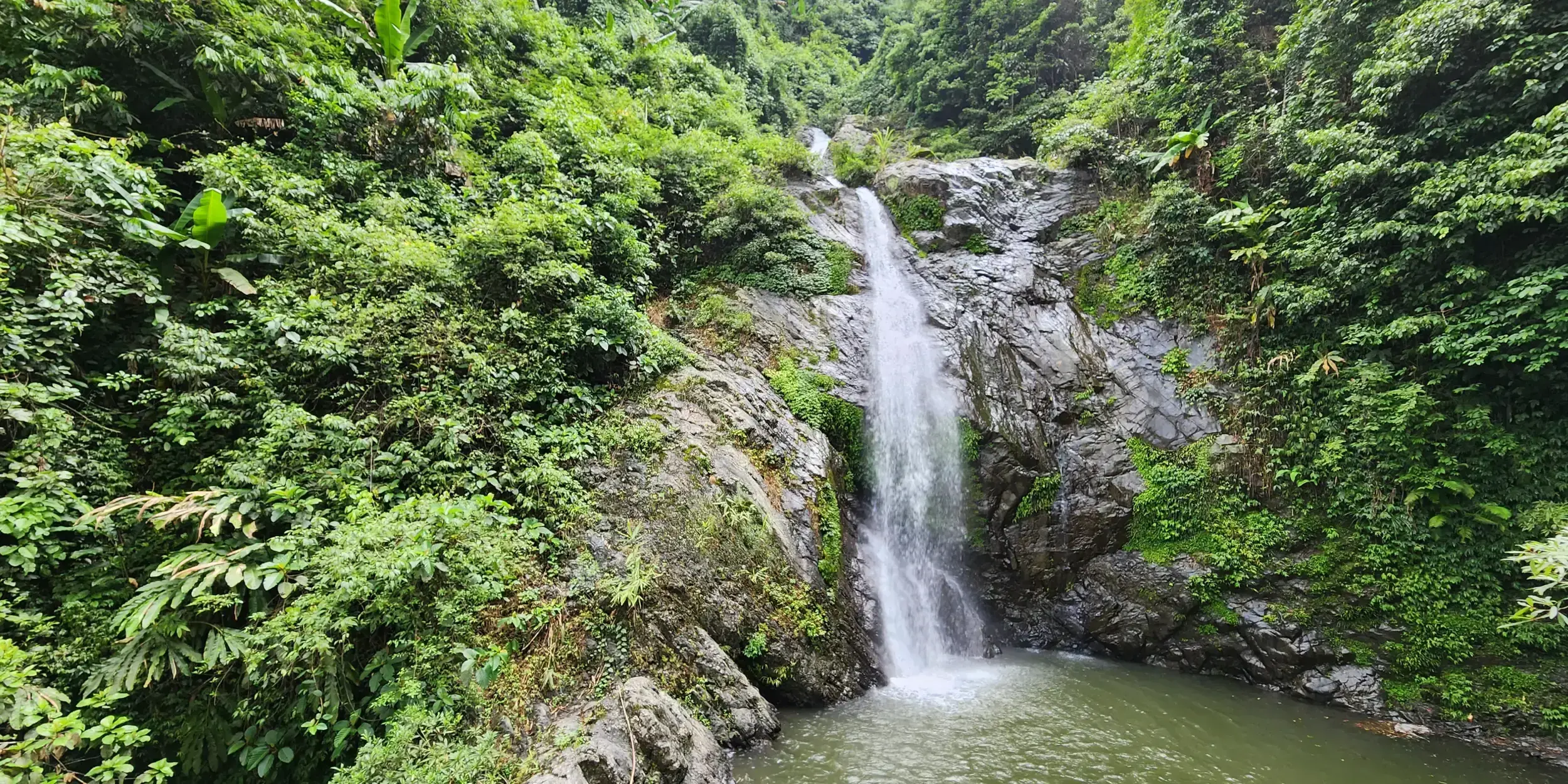
Nine waterfalls of Tú Sơn, Hoa Binh, Vietnam

Da Nang International Fireworks Festival 2023
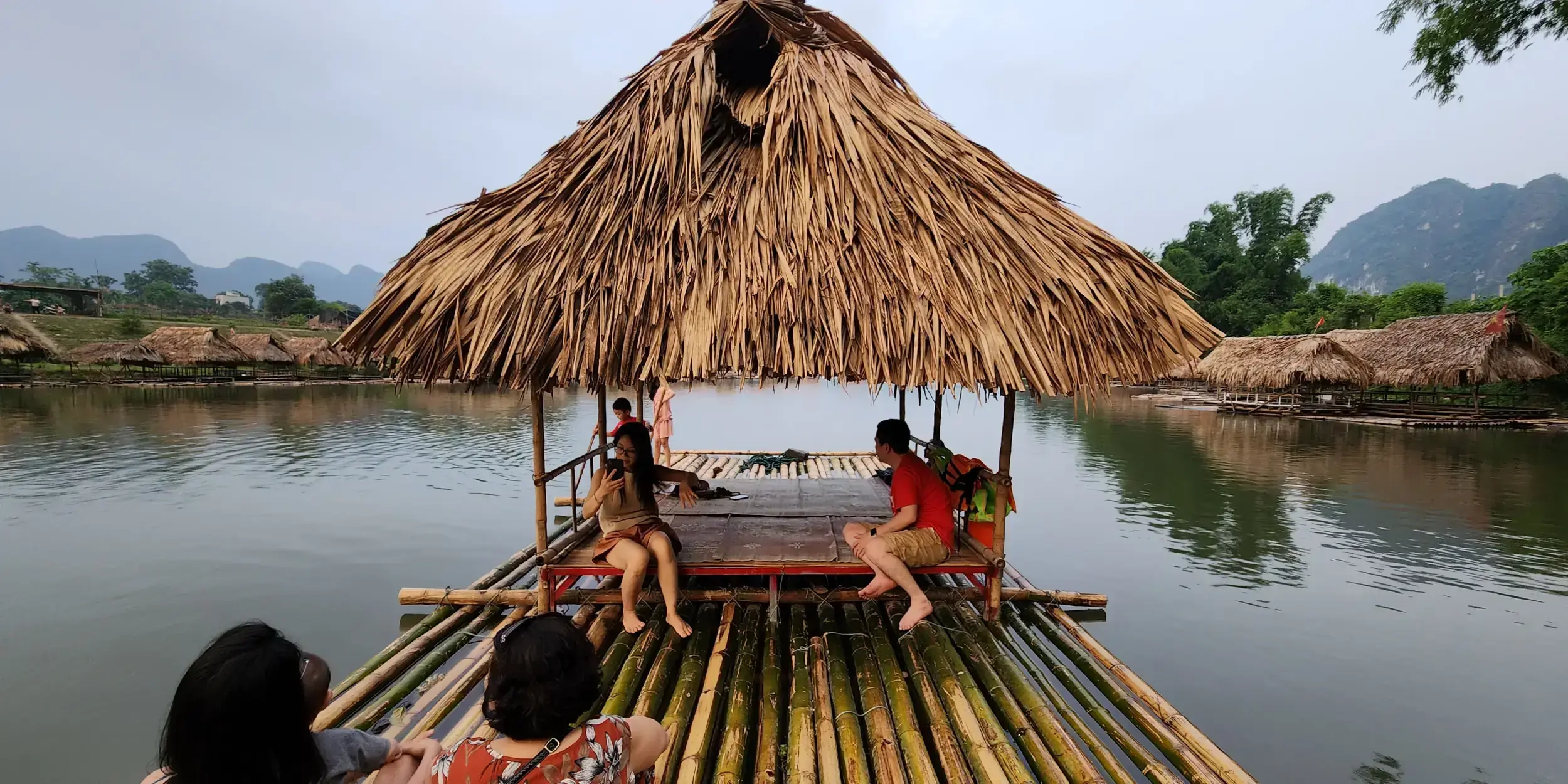
Bamboo River Raft Cruise, Hoa Binh, Vietnam
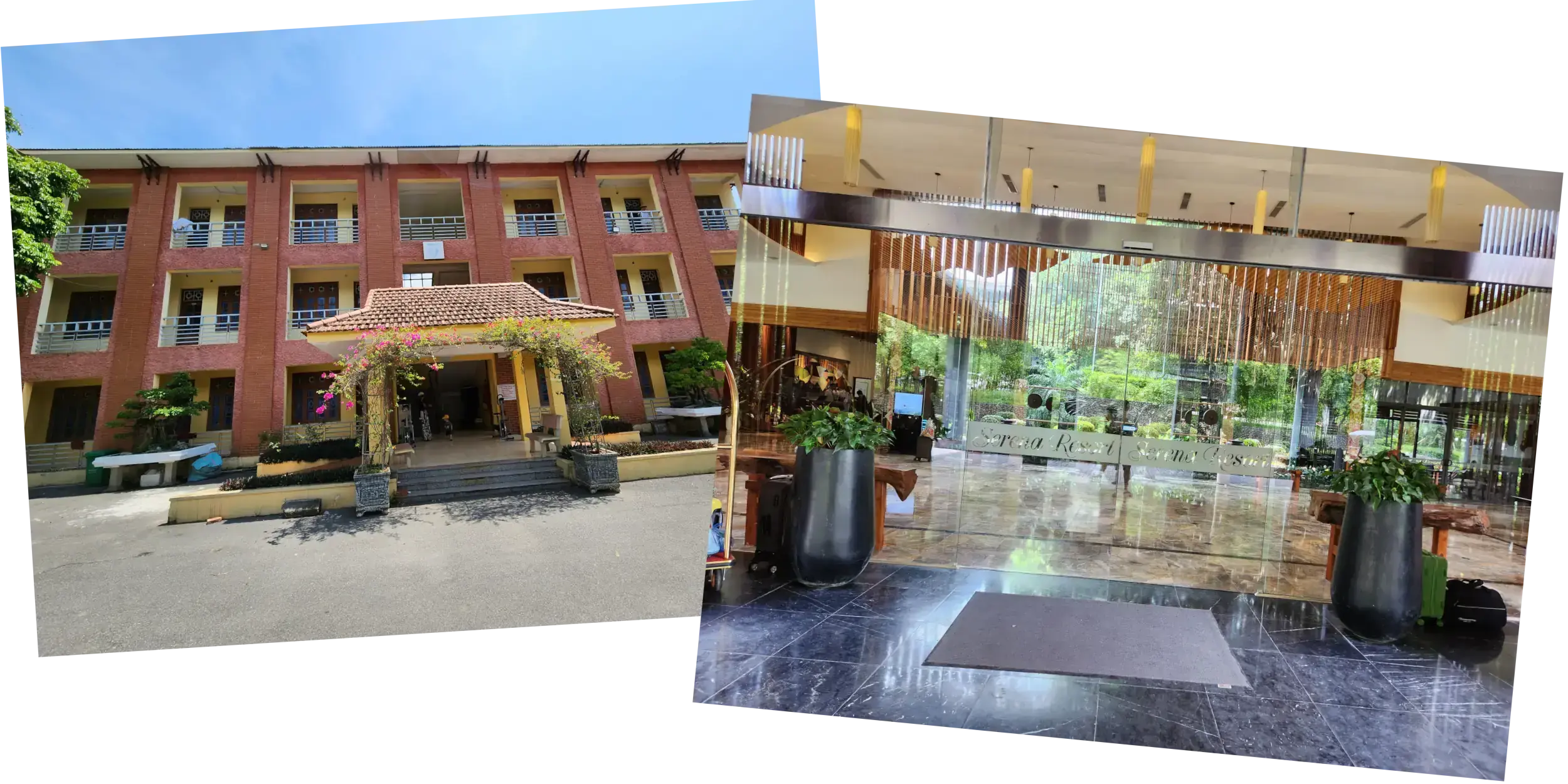
A Tale of Two Resorts in Hoa Binh, Vietnam
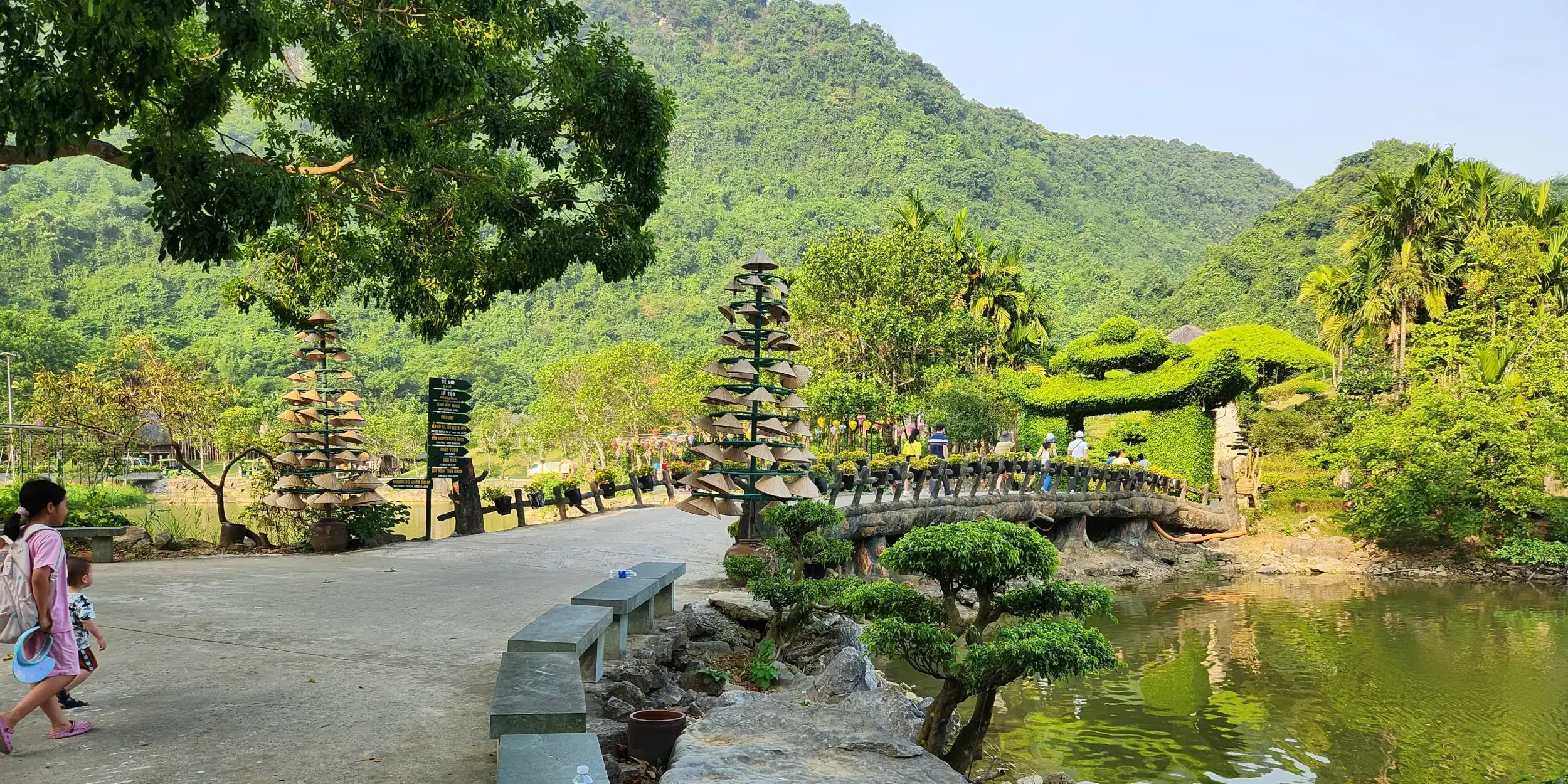
2 Days in Ninh Binh, Vietnam
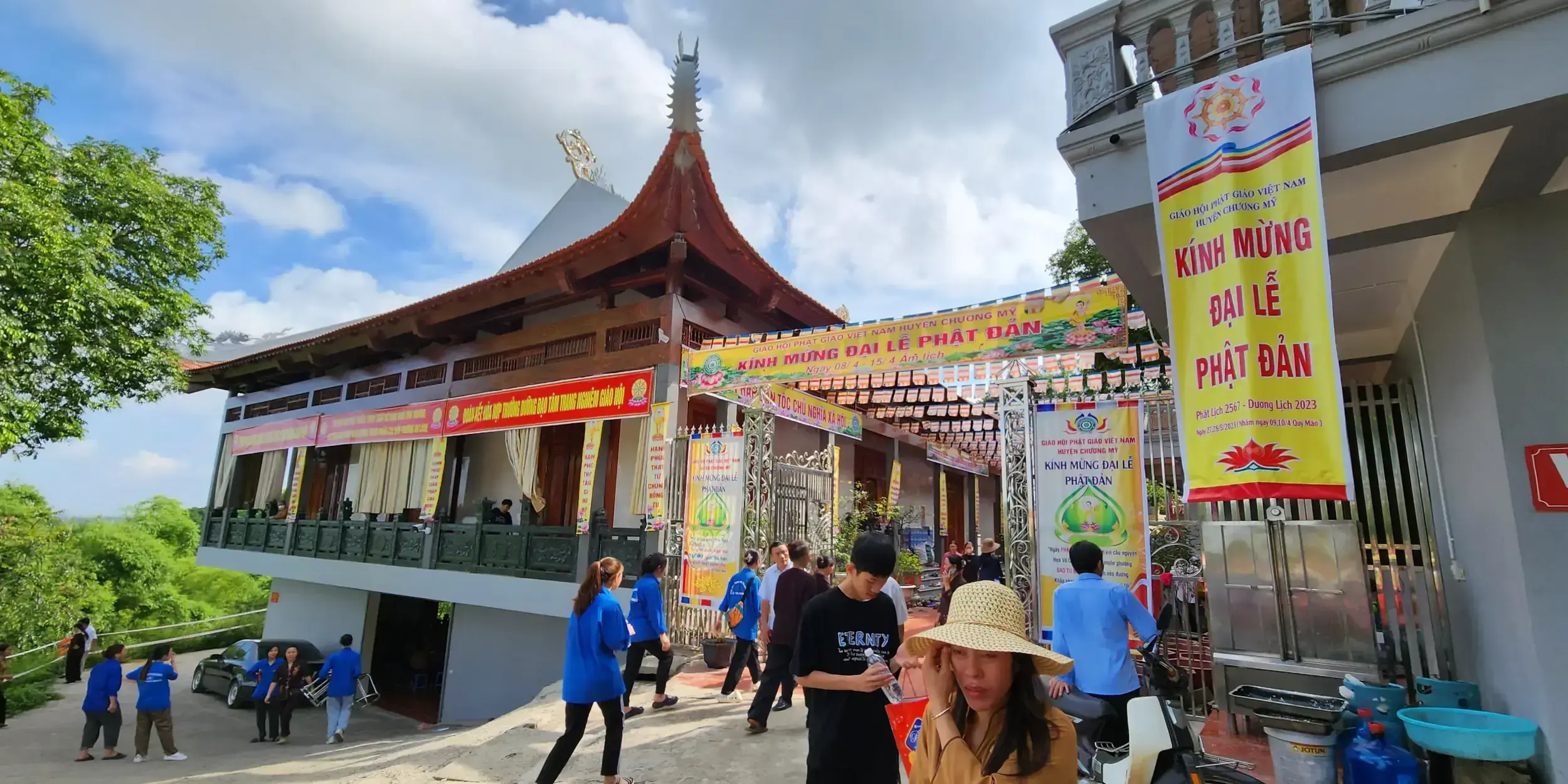
Trăm Gian Pagoda, Hanoi, Vietnam
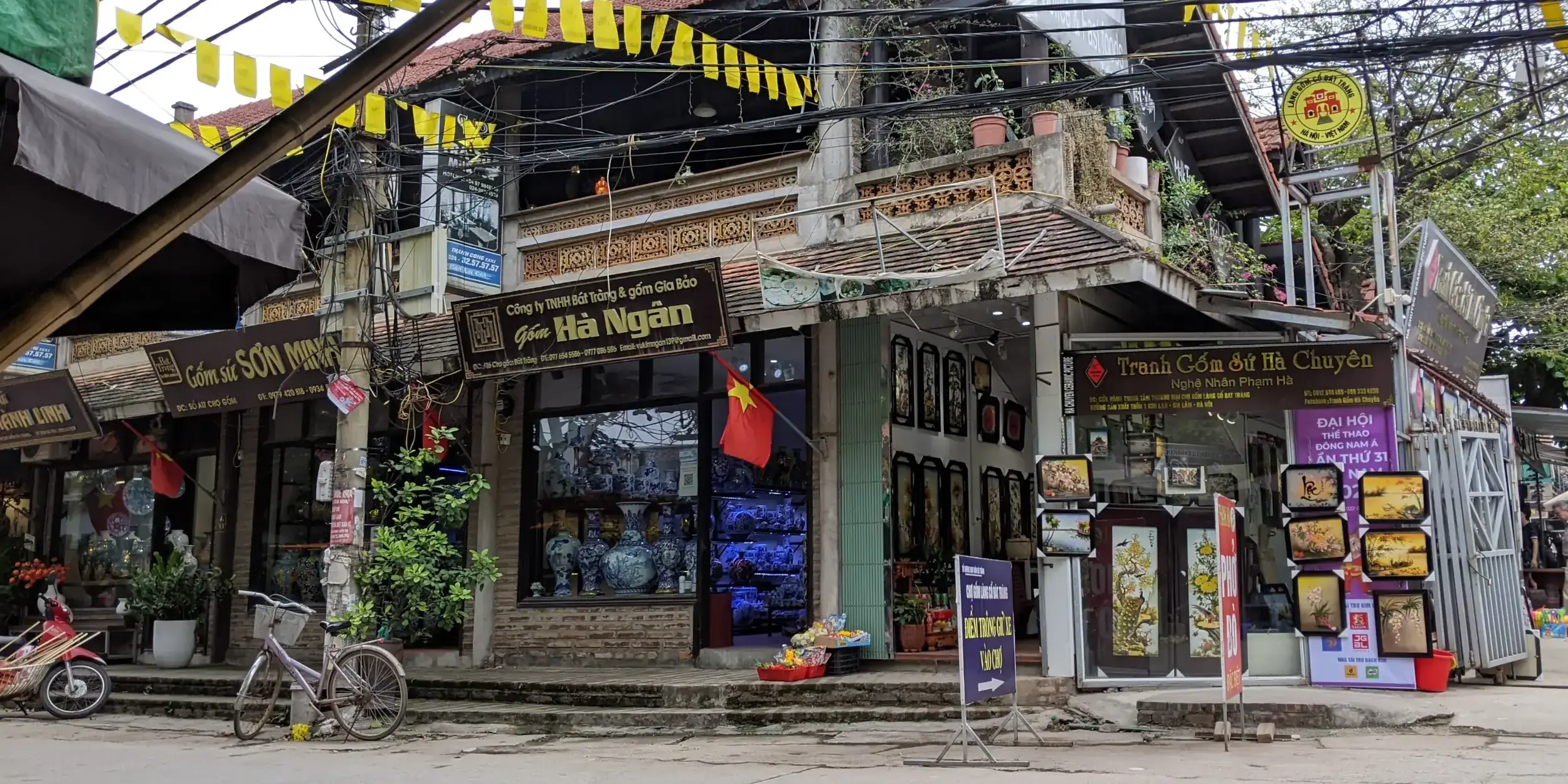
Bát Tràng Pottery Village, Hanoi, Vietnam
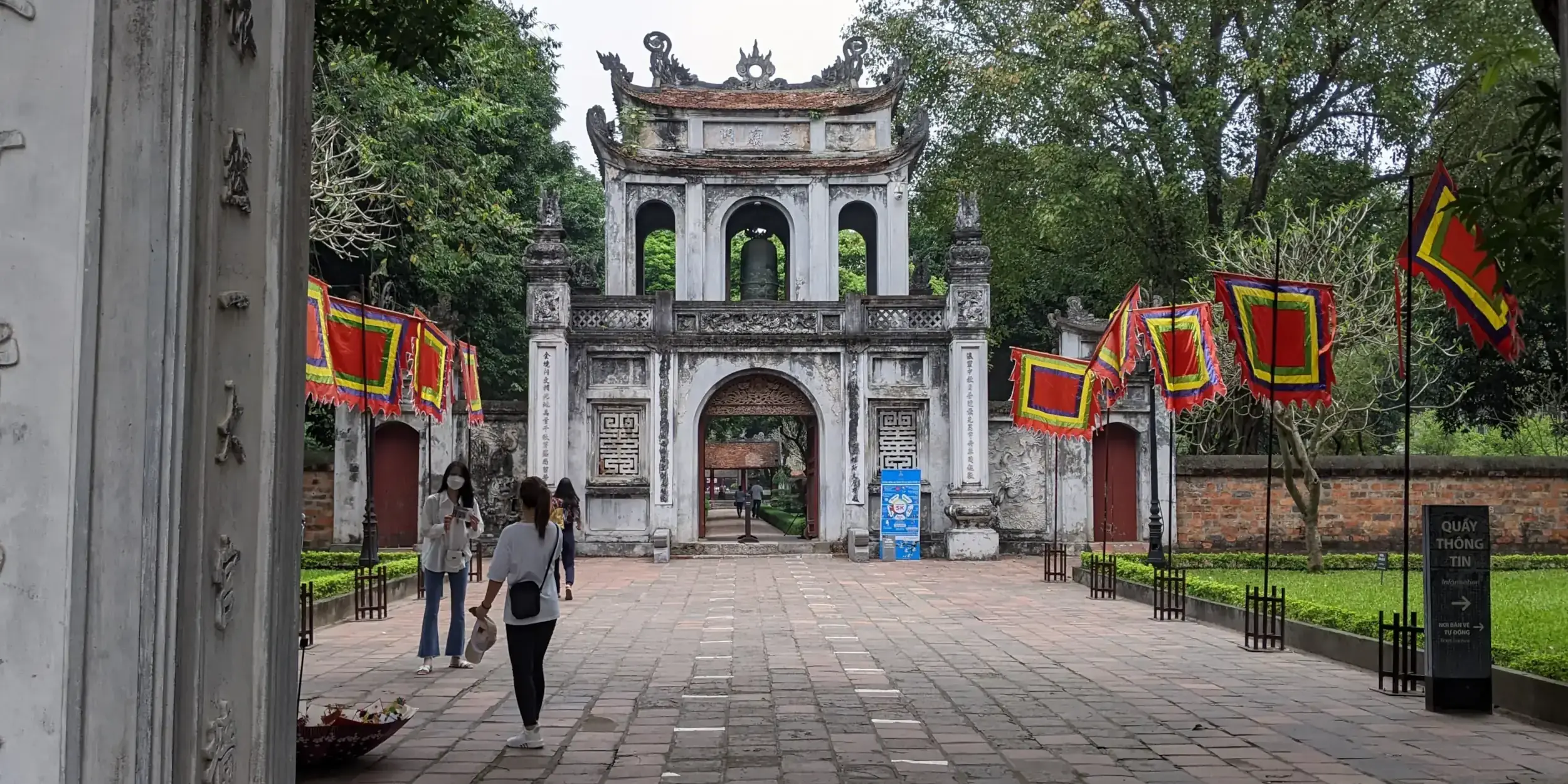
Temple of Literature, Hanoi, Vietnam
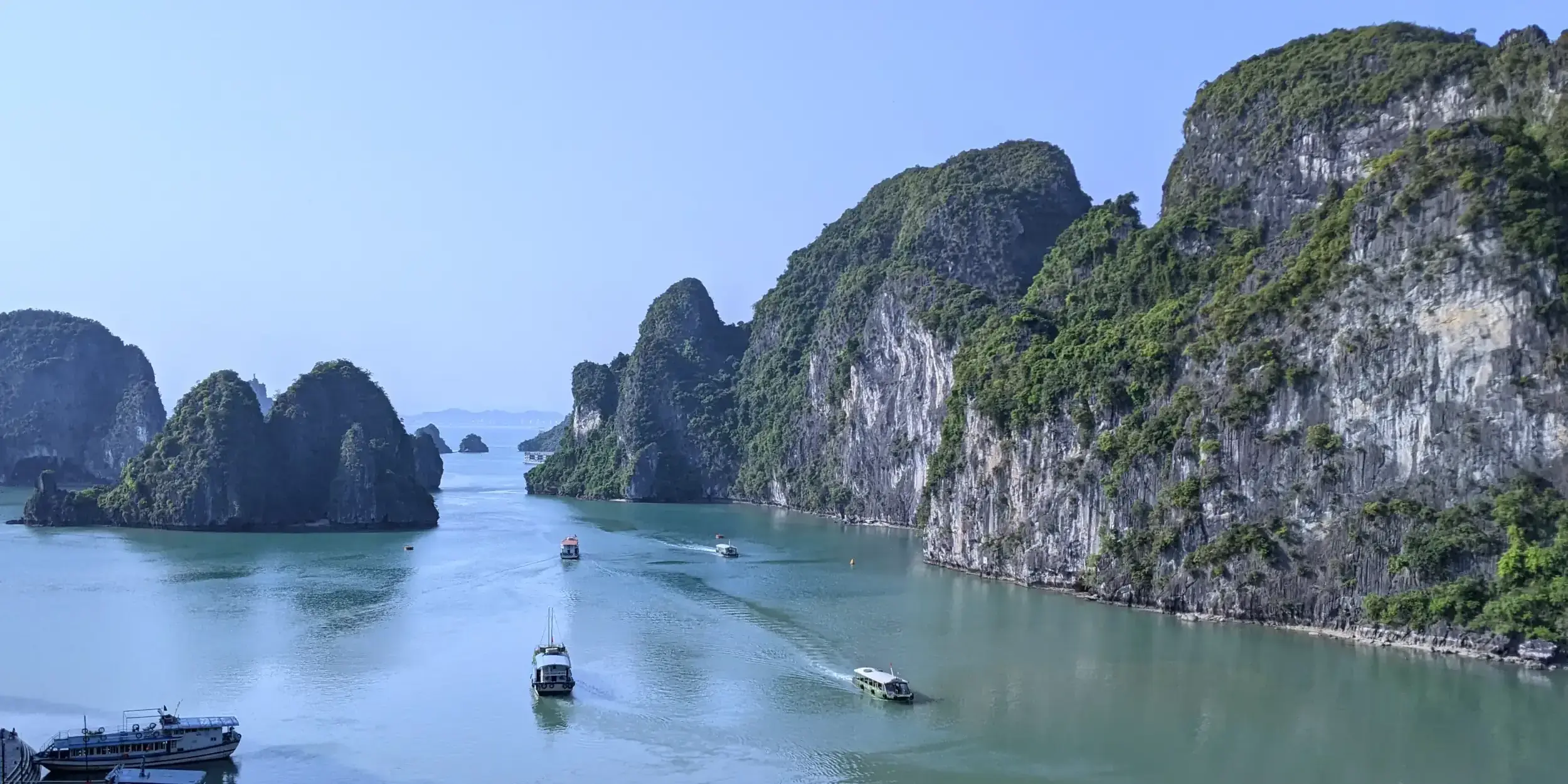
Hạ Long Bay 2-Day 1-Night Cruise, Ha Long, Vietnam
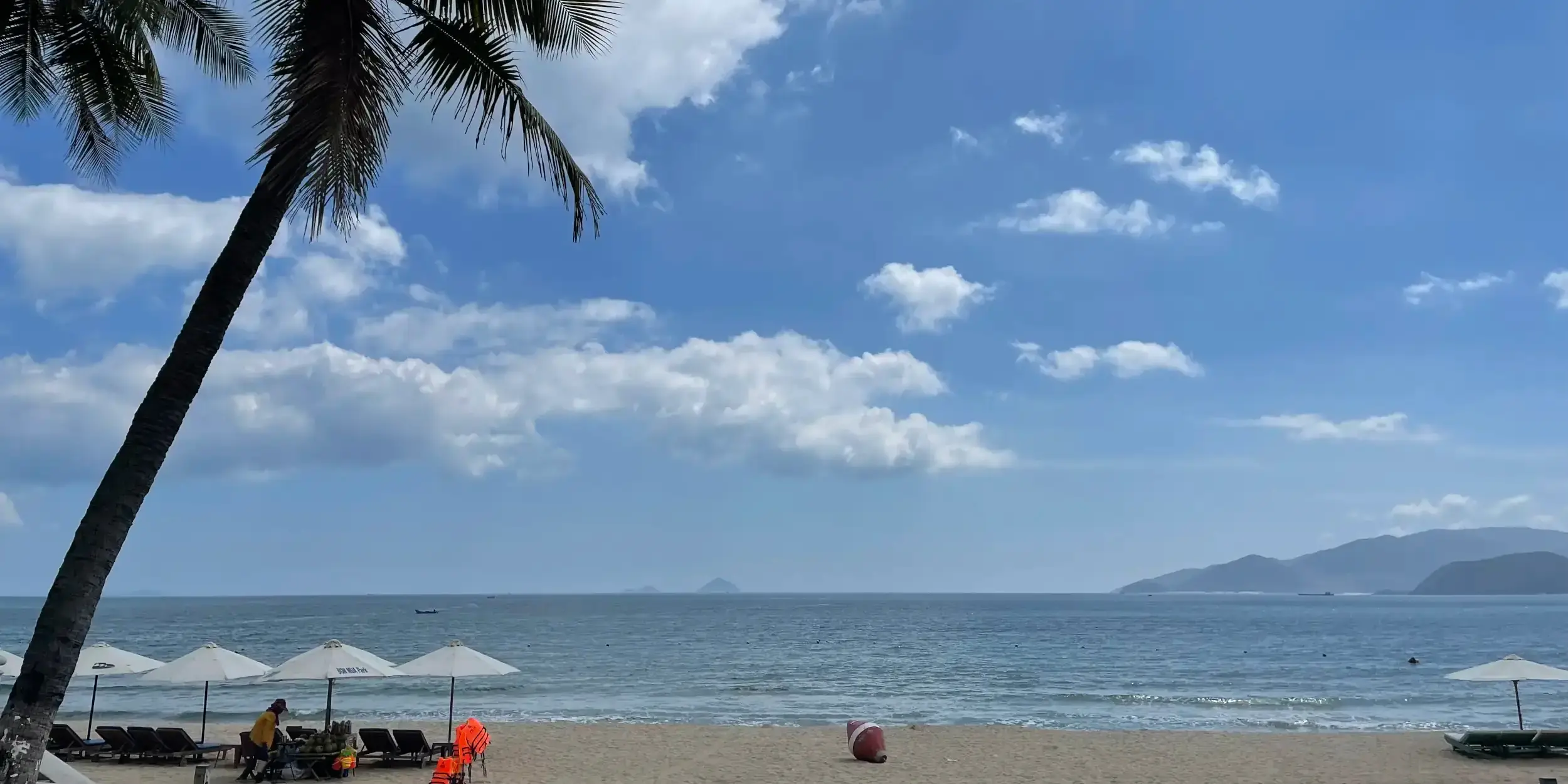
The Beaches in Nha Trang, Vietnam
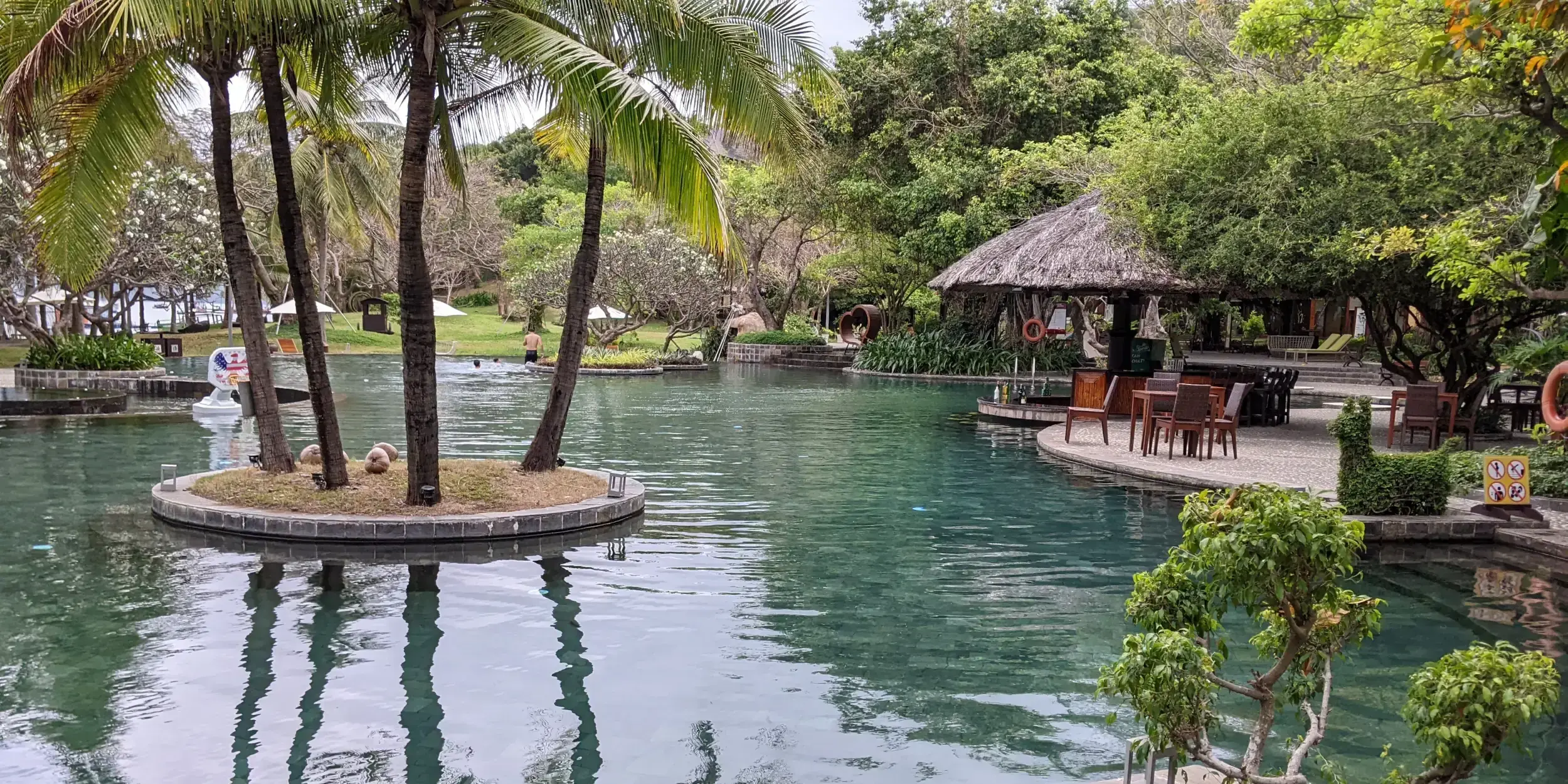
MerPerle Hon Tam Resort, Nha Trang, Vietnam
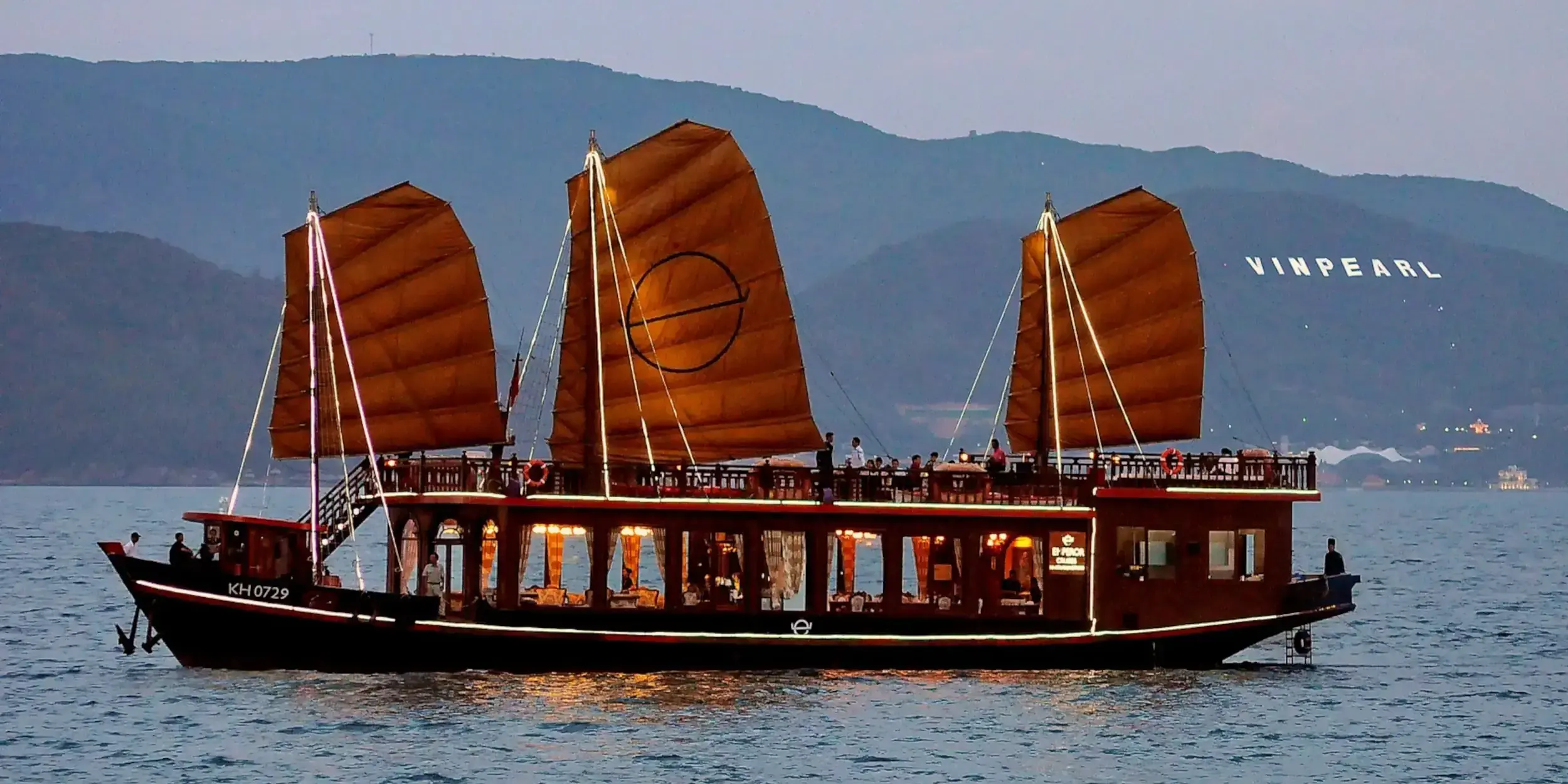
Emperor Cocktail & Dinner Cruise, Nha Trang, Vietnam
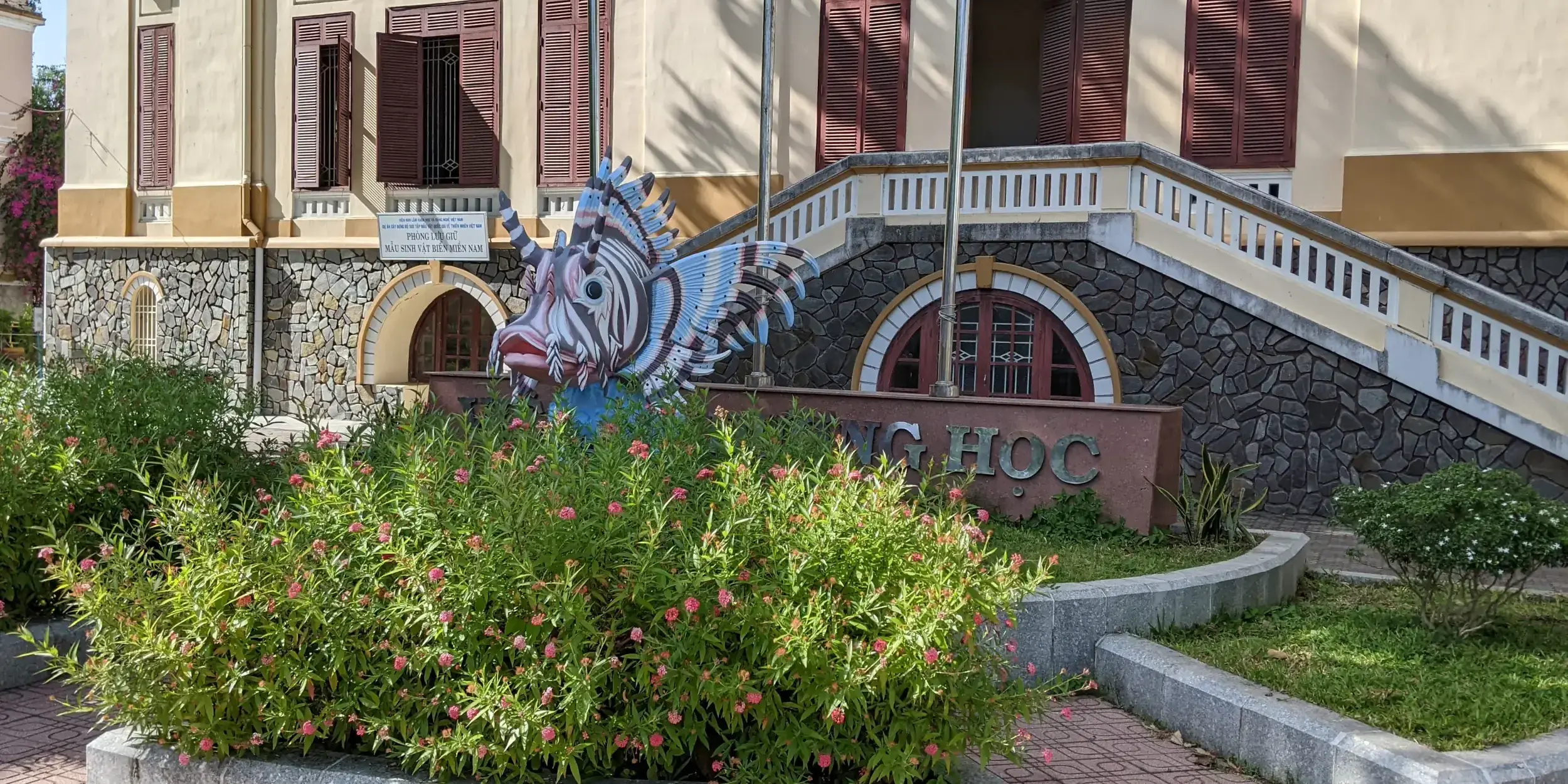
Museum of Oceanography, Nha Trang, Vietnam
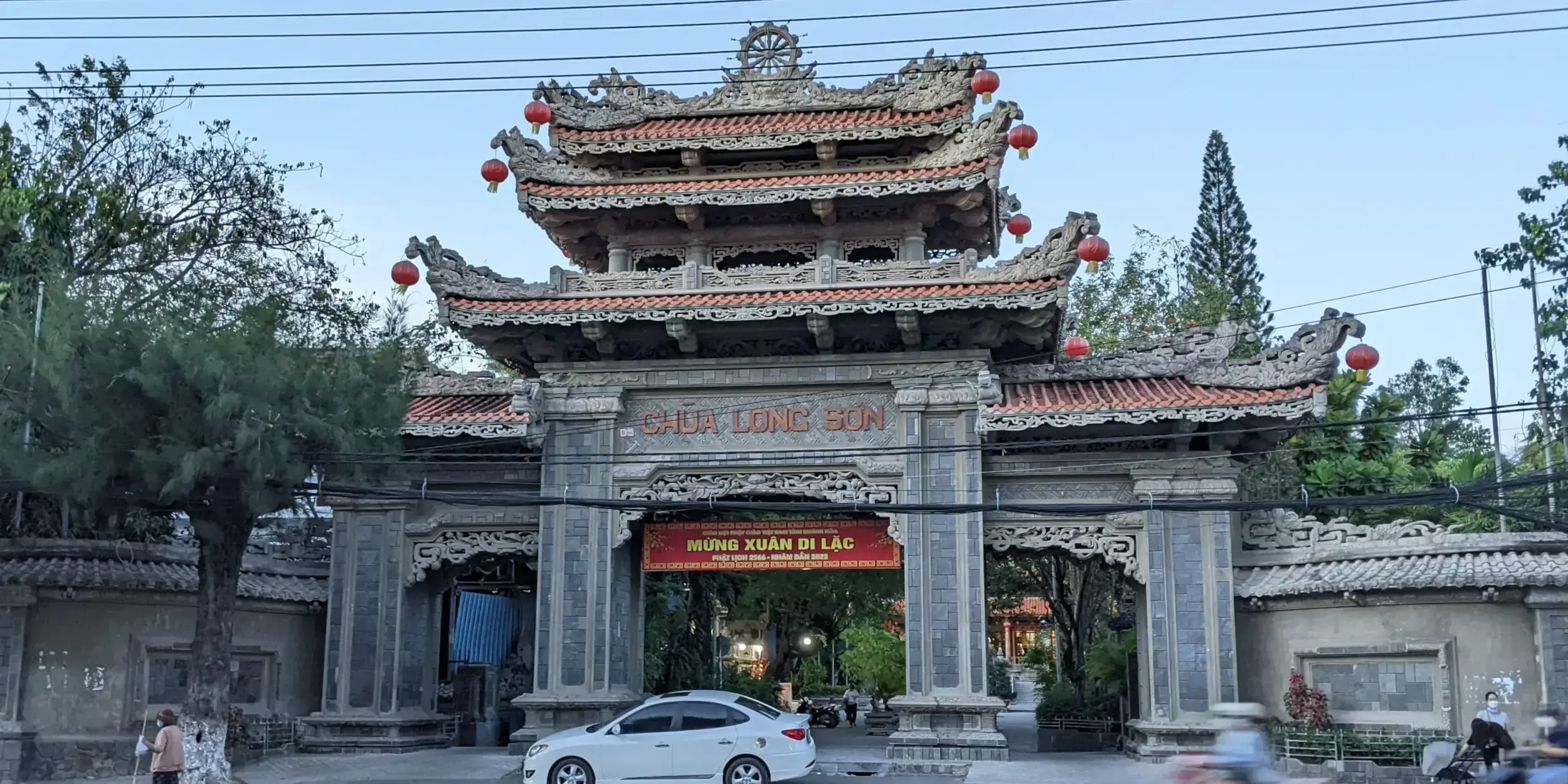
Long Sơn Temple, Nha Trang, Vietnam
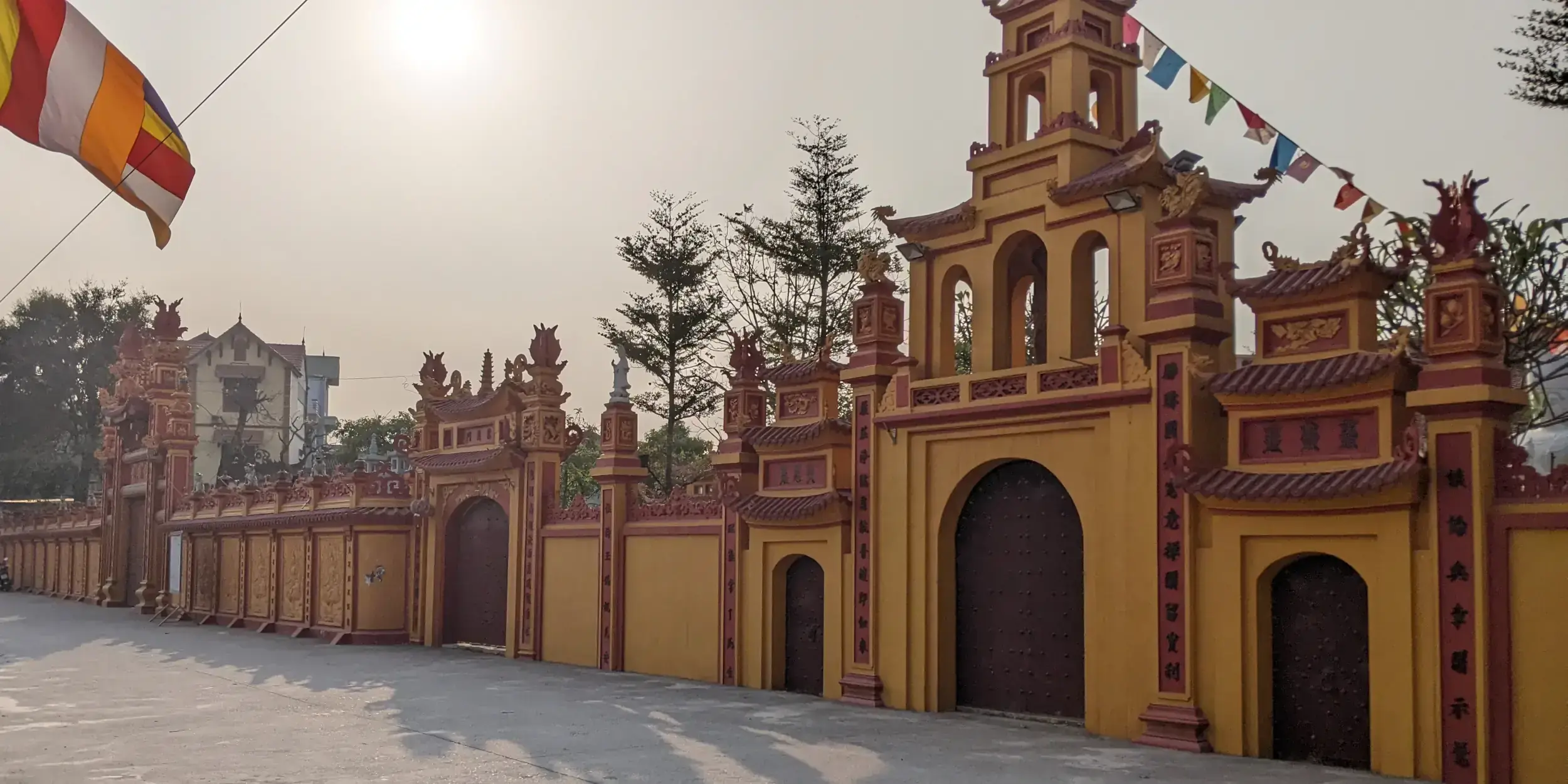
Thắng Nghiêm Temple, Hanoi, Vietnam

Pointe-à-Callière Museum of Archaeology and History, Montreal, Canada
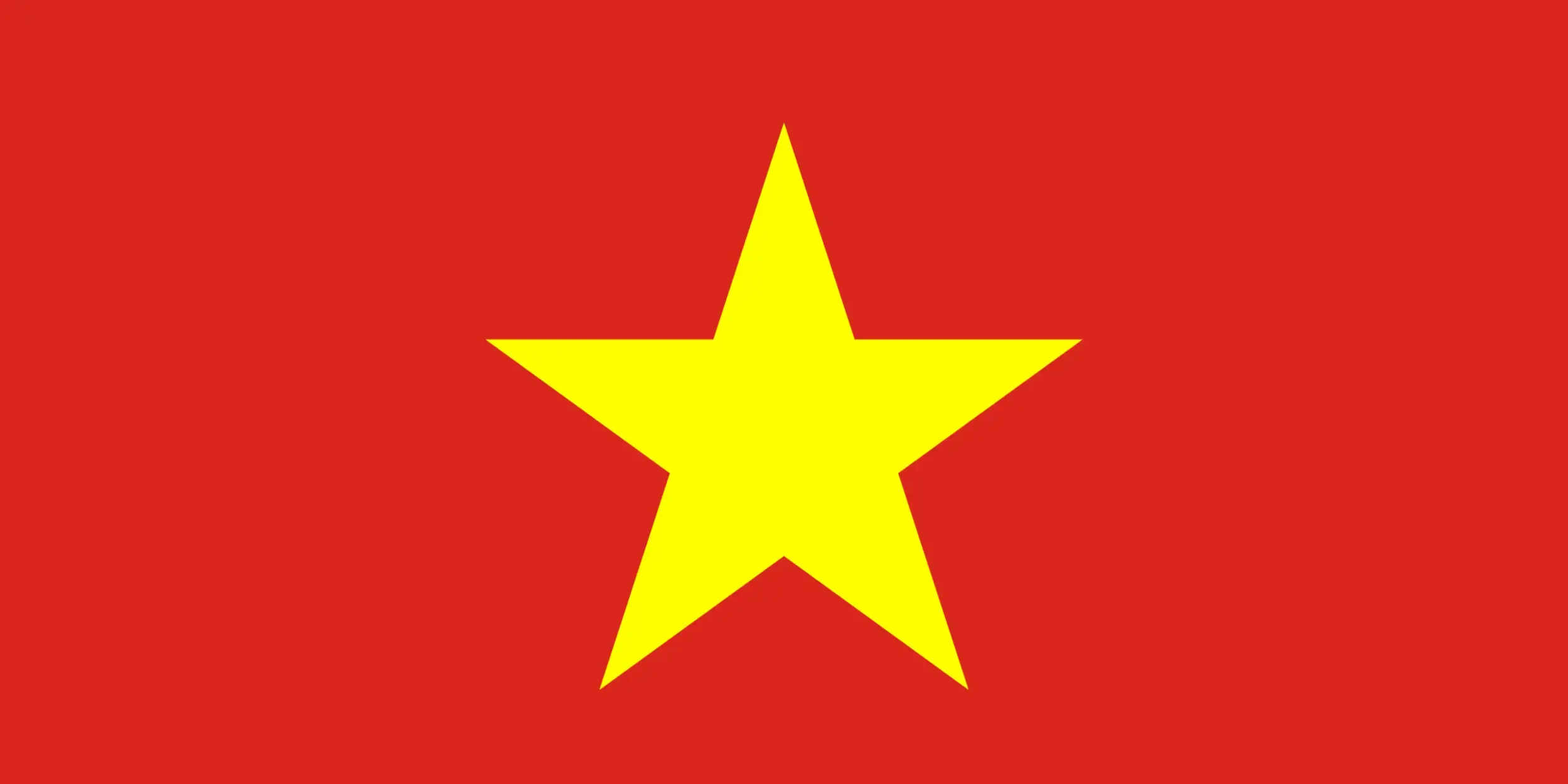
3 Weeks in Vietnam
1 Week in Thailand
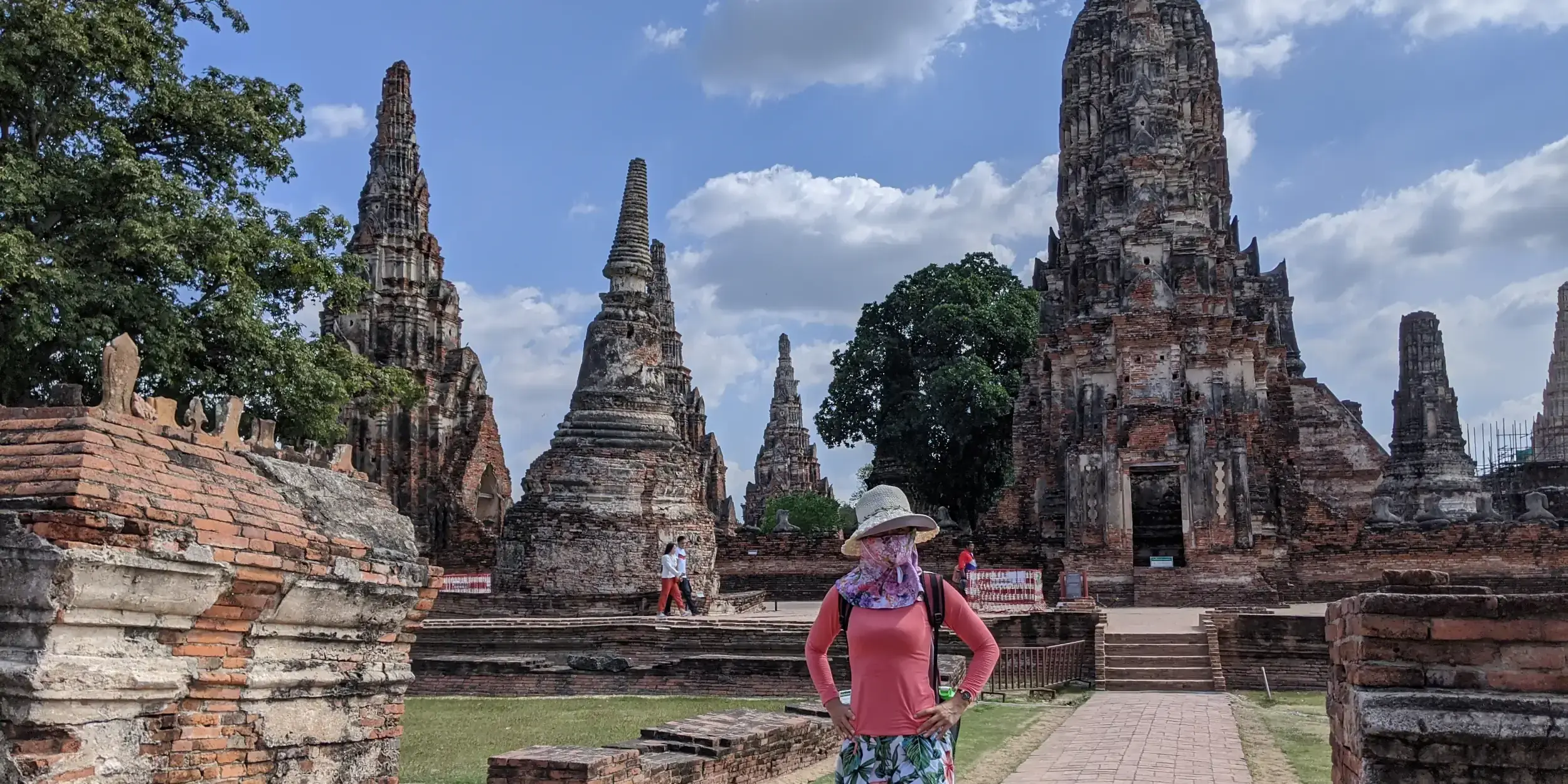
1 Day in Ayutthaya, Thailand
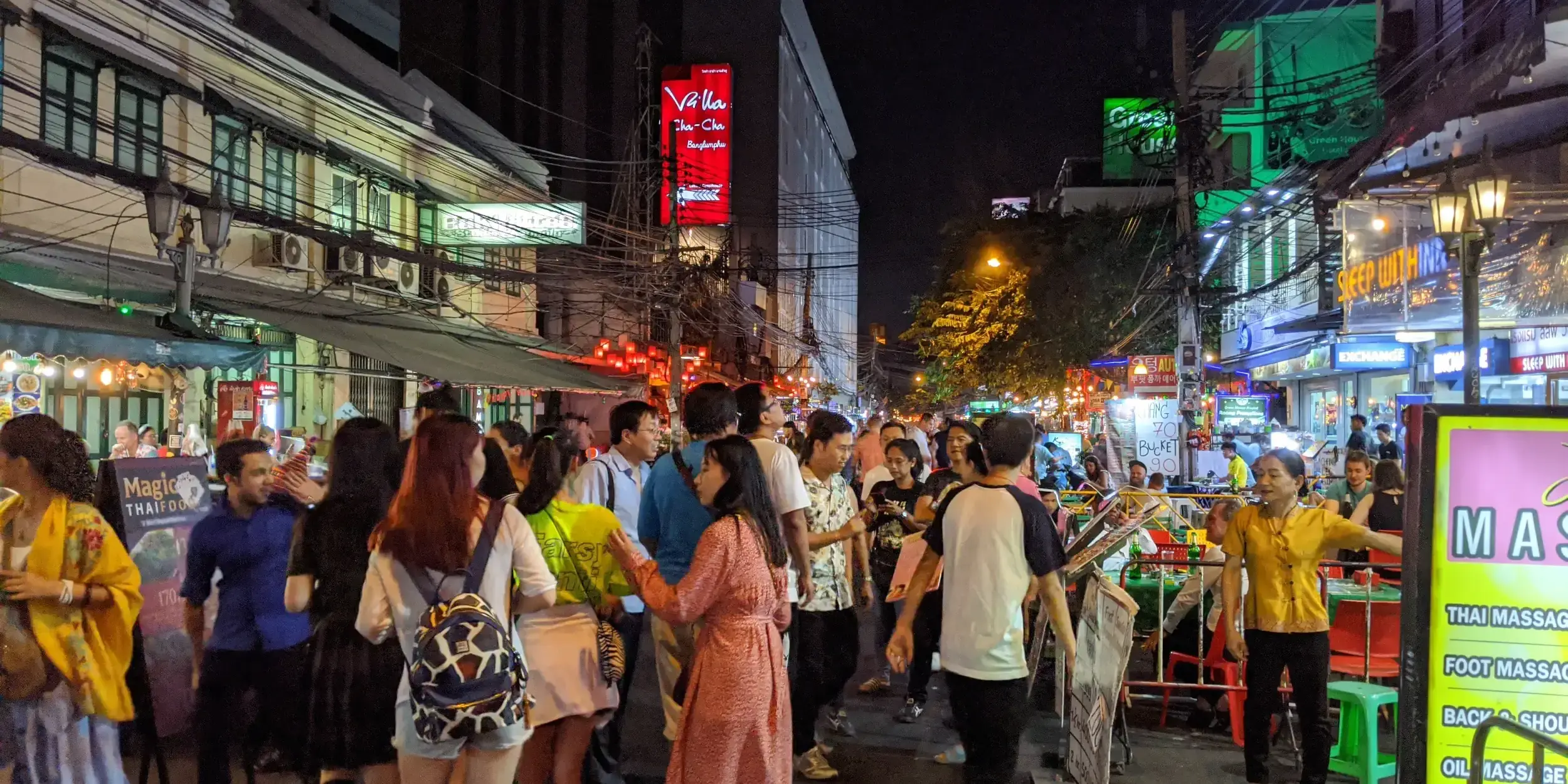
2 Days in Bangkok, Thailand
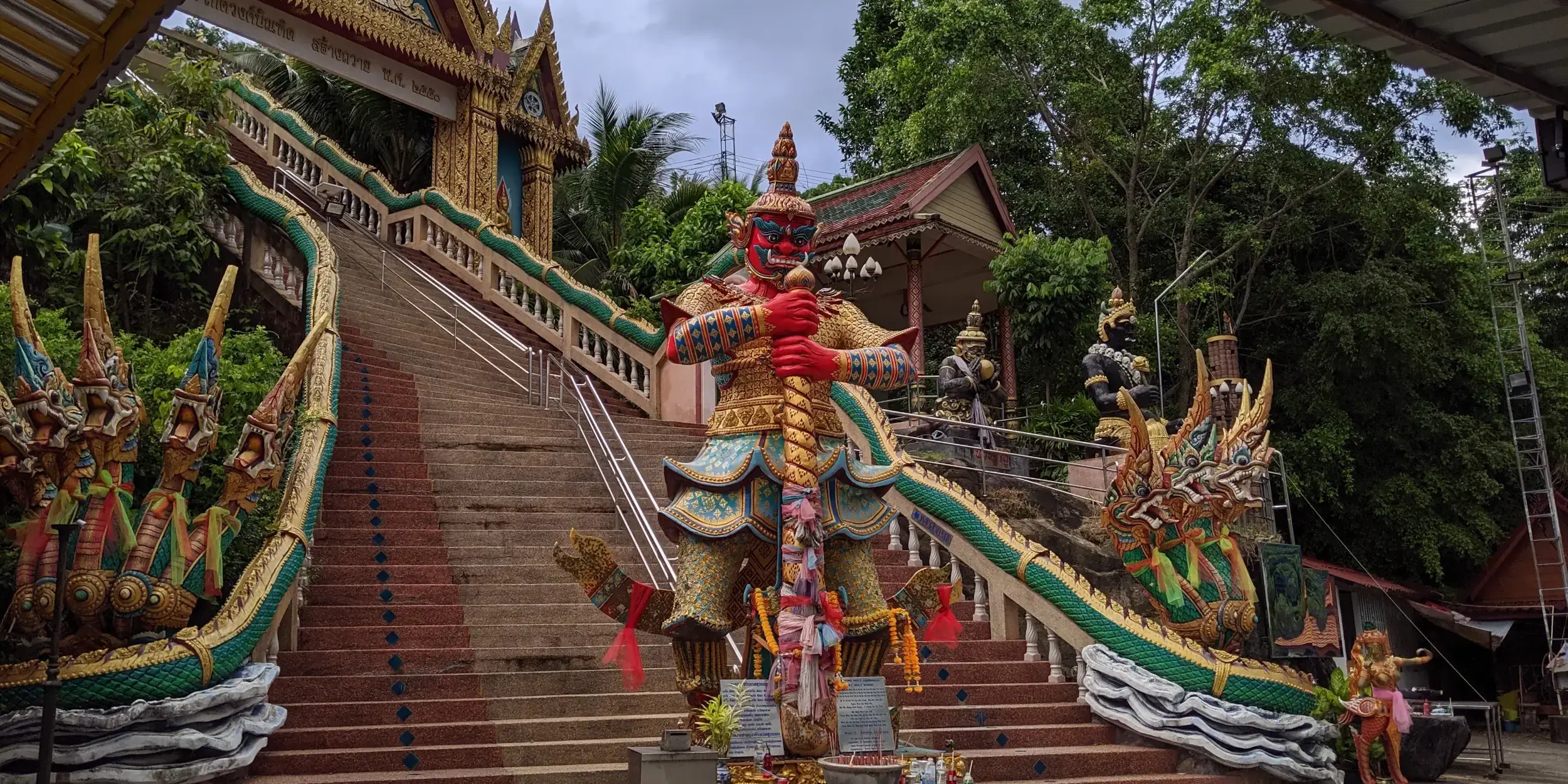
3 Days in Phuket, Thailand
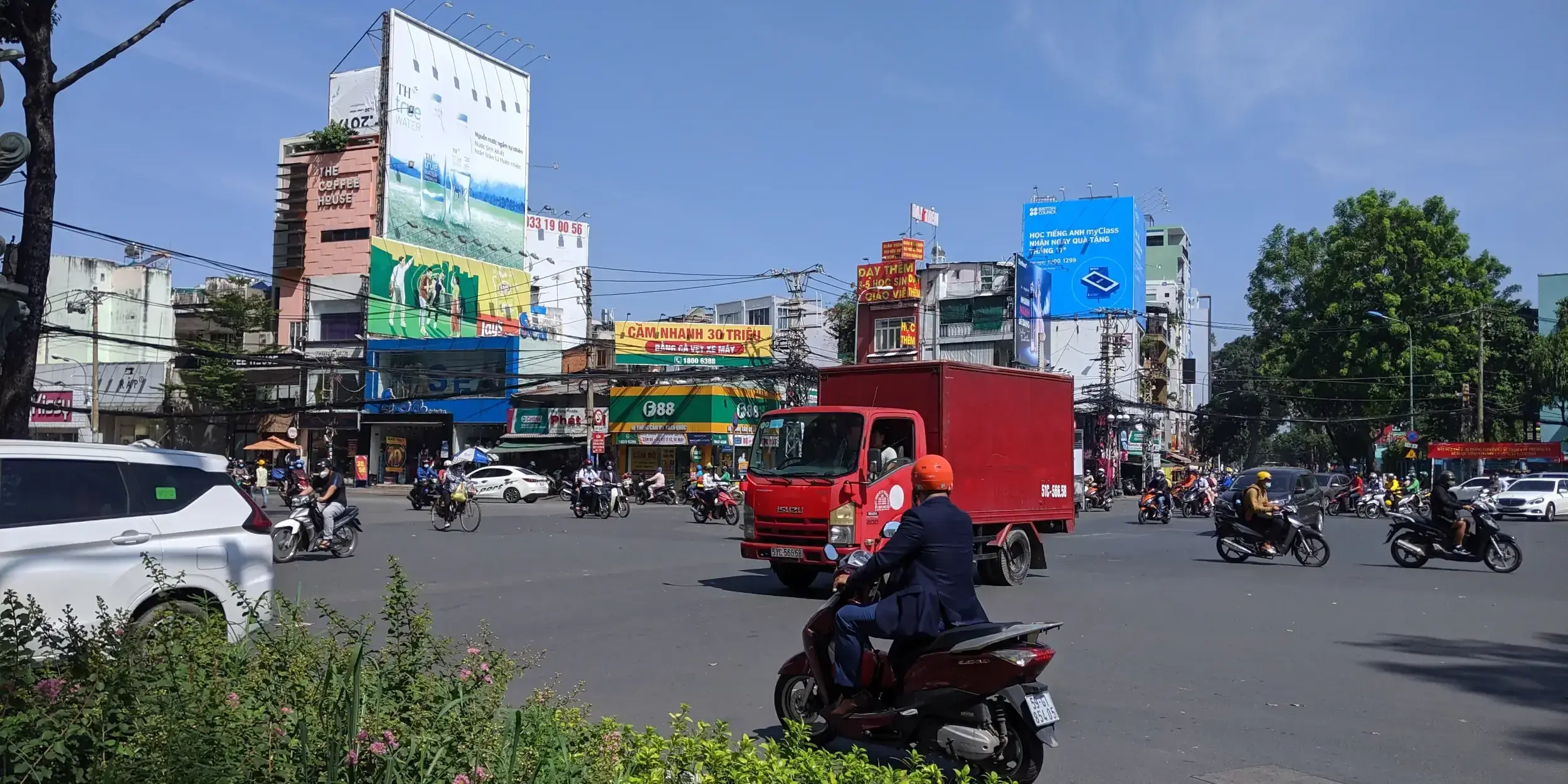
2 Days in Saigon, Vietnam
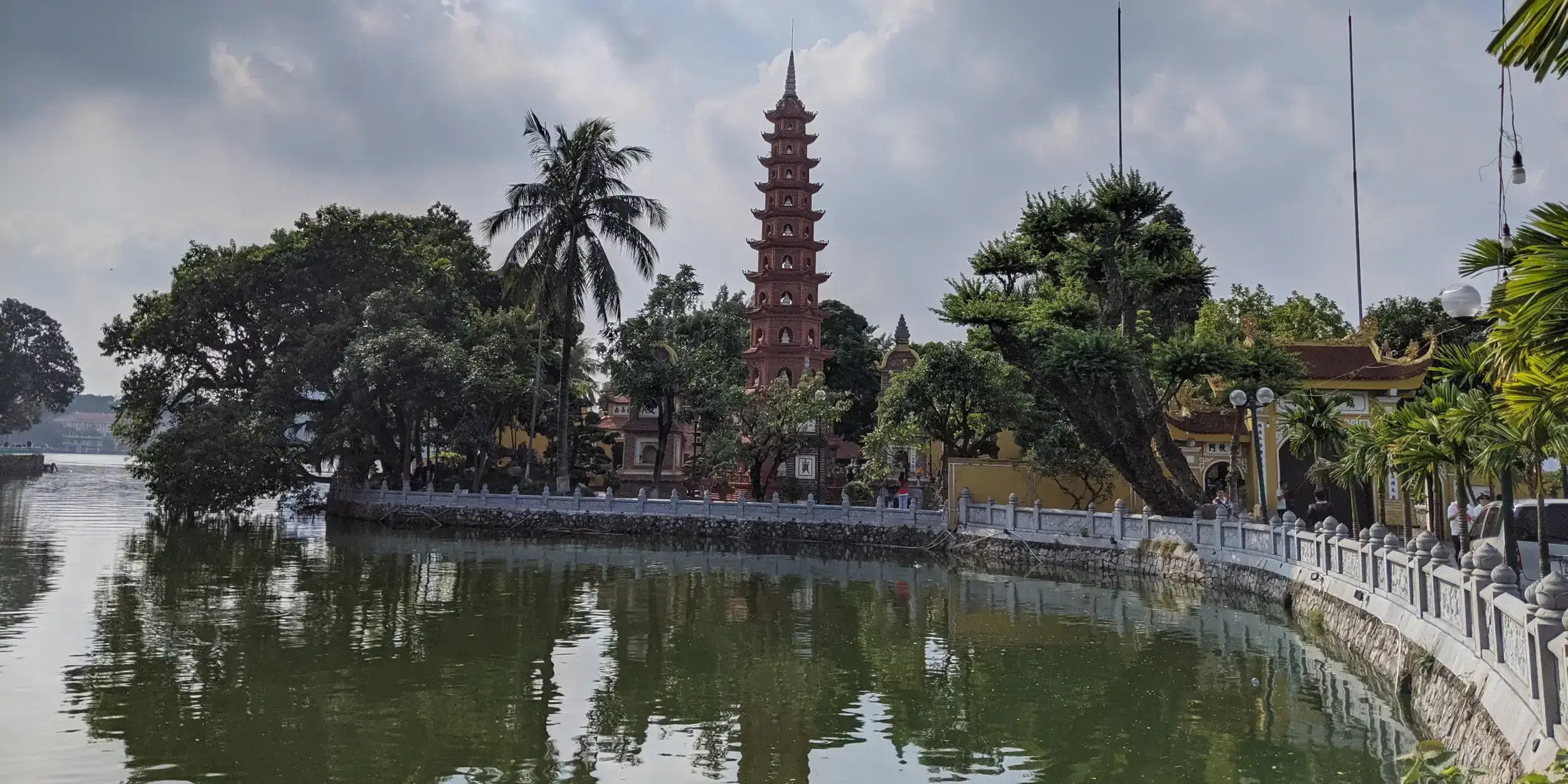
2 More Days in Hanoi, Vietnam
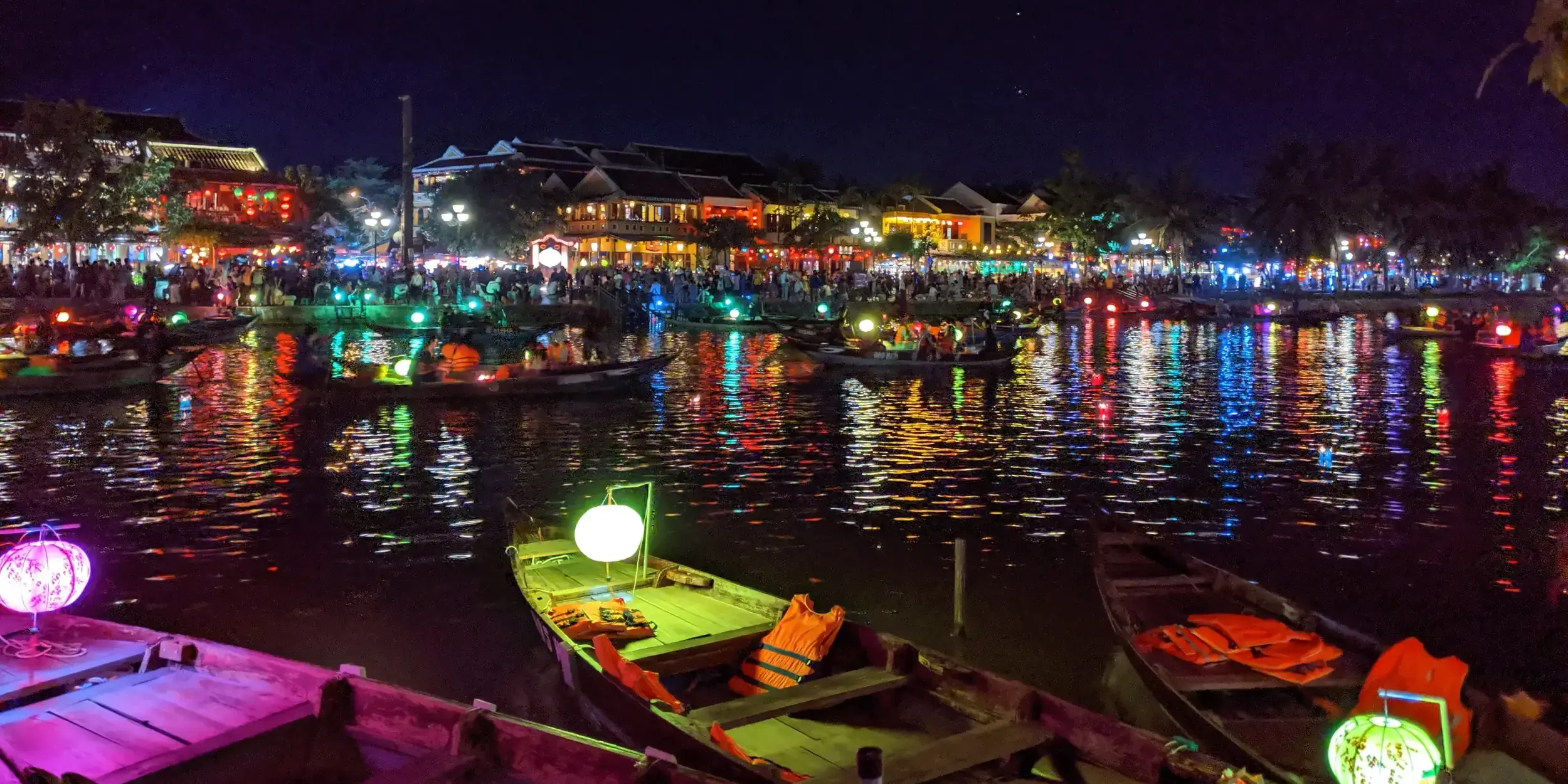
3 Days in Hoi An, Vietnam
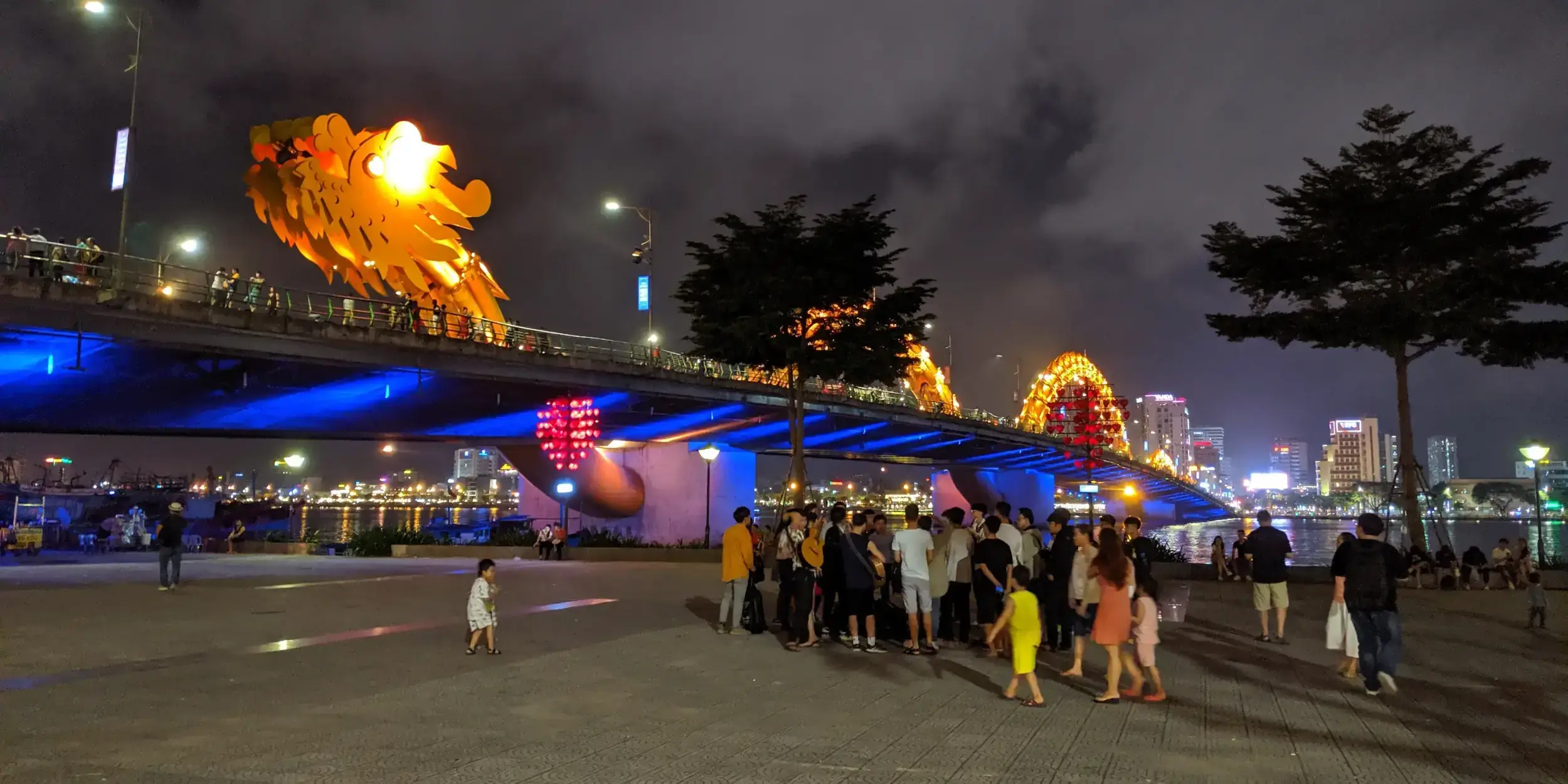
3 Days in Da Nang, Vietnam
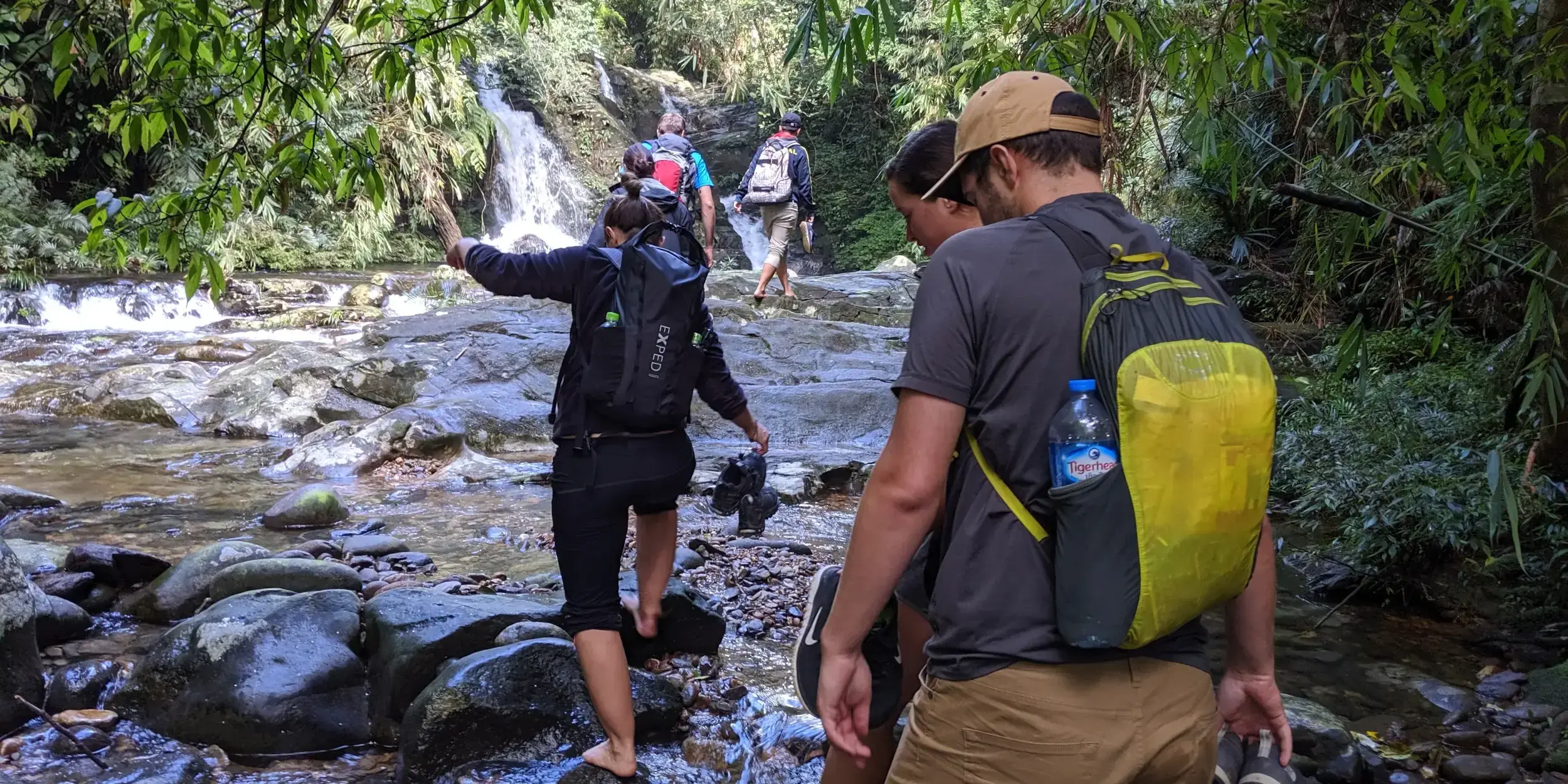
4 Days in Hue, Vietnam - Part 2
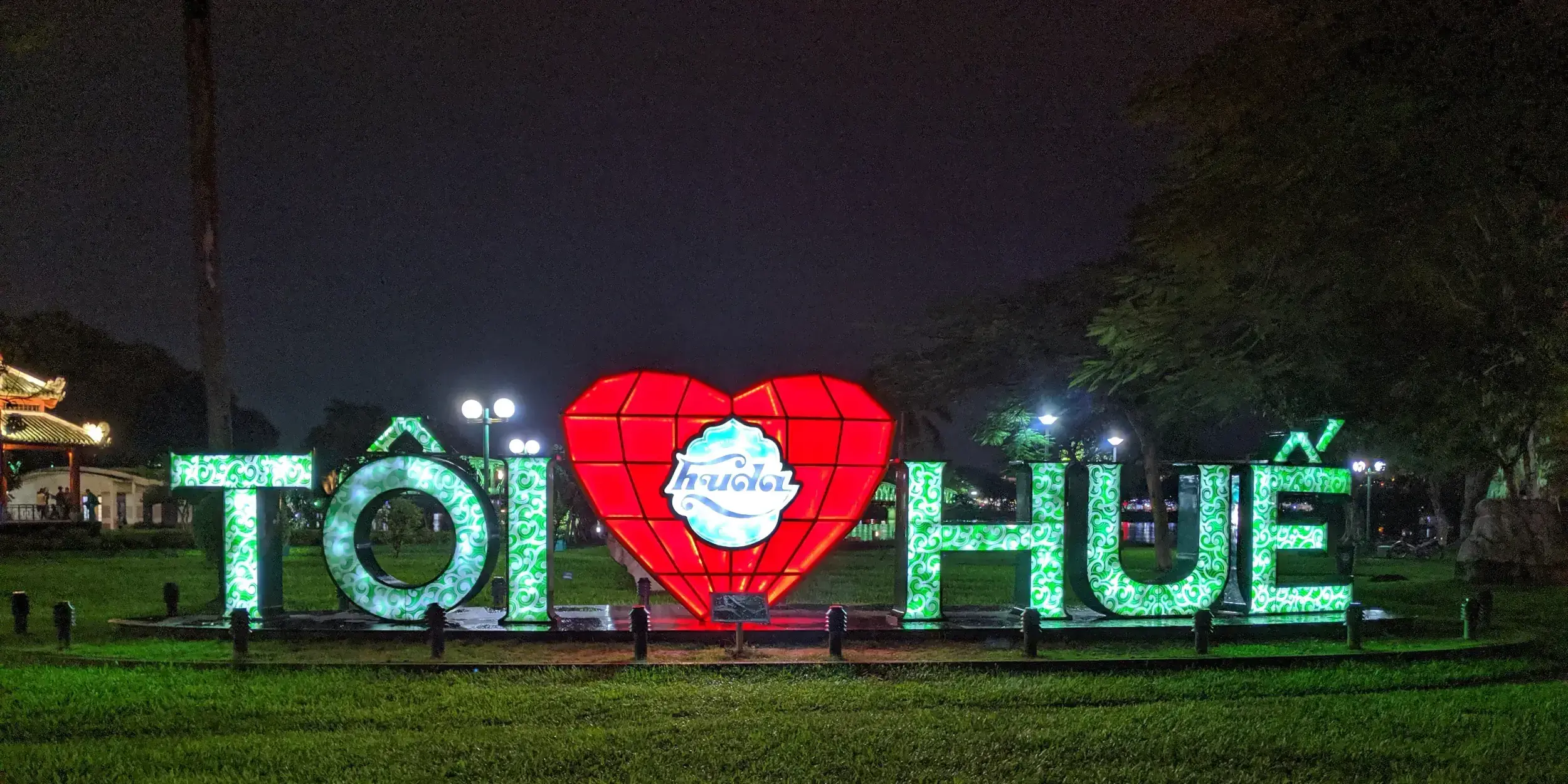
4 Days in Hue, Vietnam - Part 1
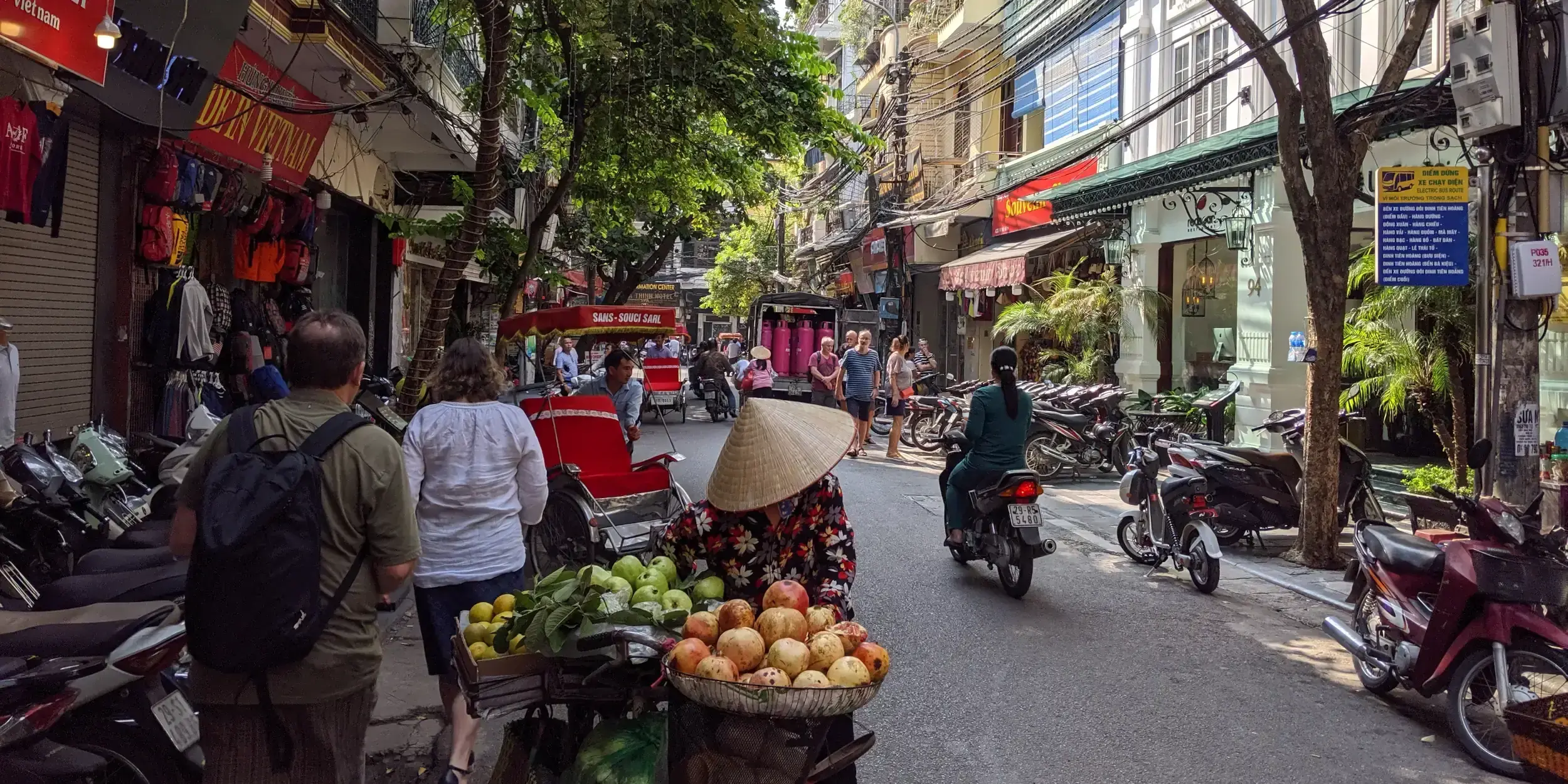
6 Days in Hanoi, Vietnam - Part 3
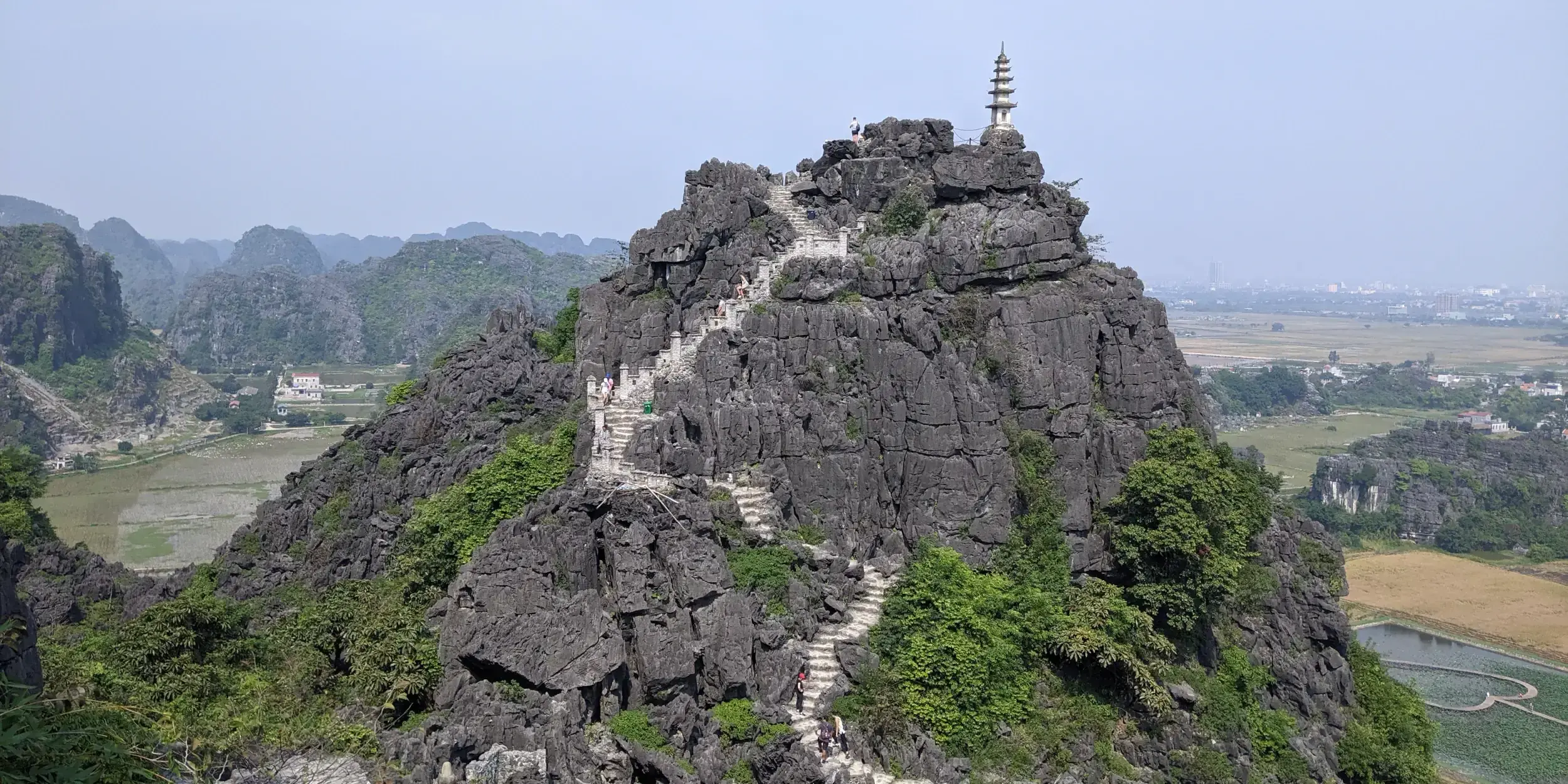
1 Day in Ninh Binh, Vietnam
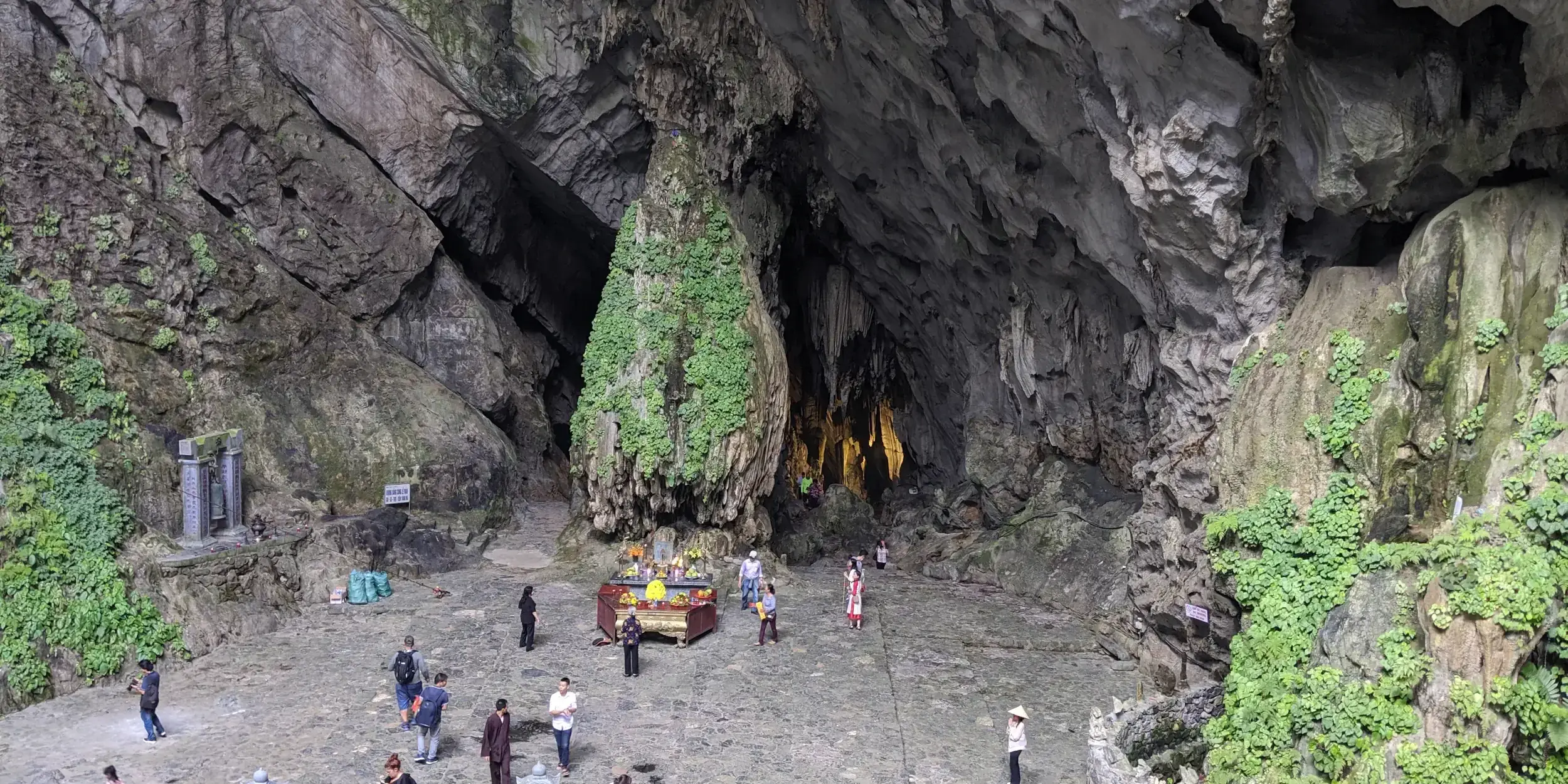
6 Days in Hanoi, Vietnam - Part 2
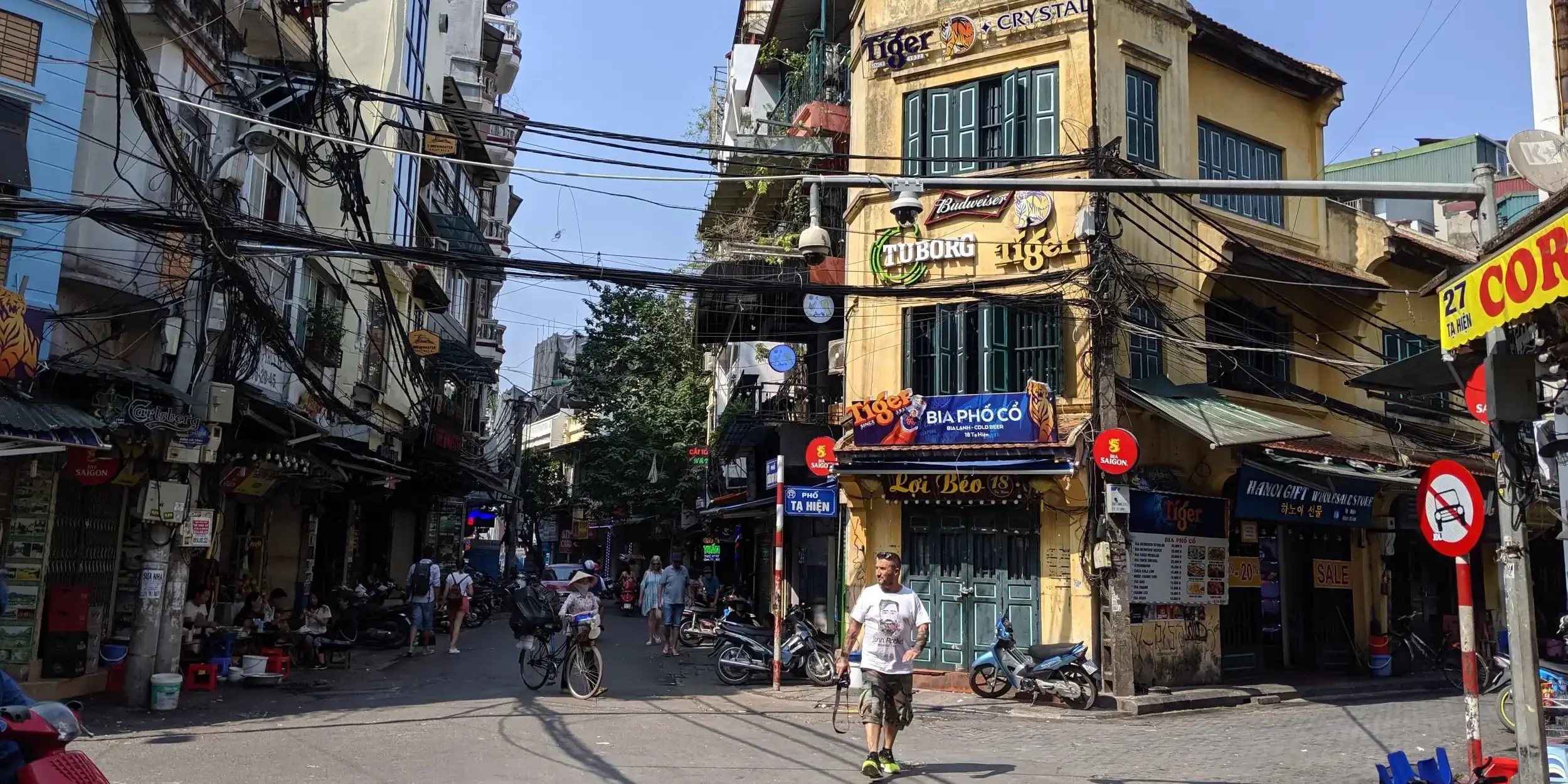
6 Days in Hanoi, Vietnam - Part 1
Comments